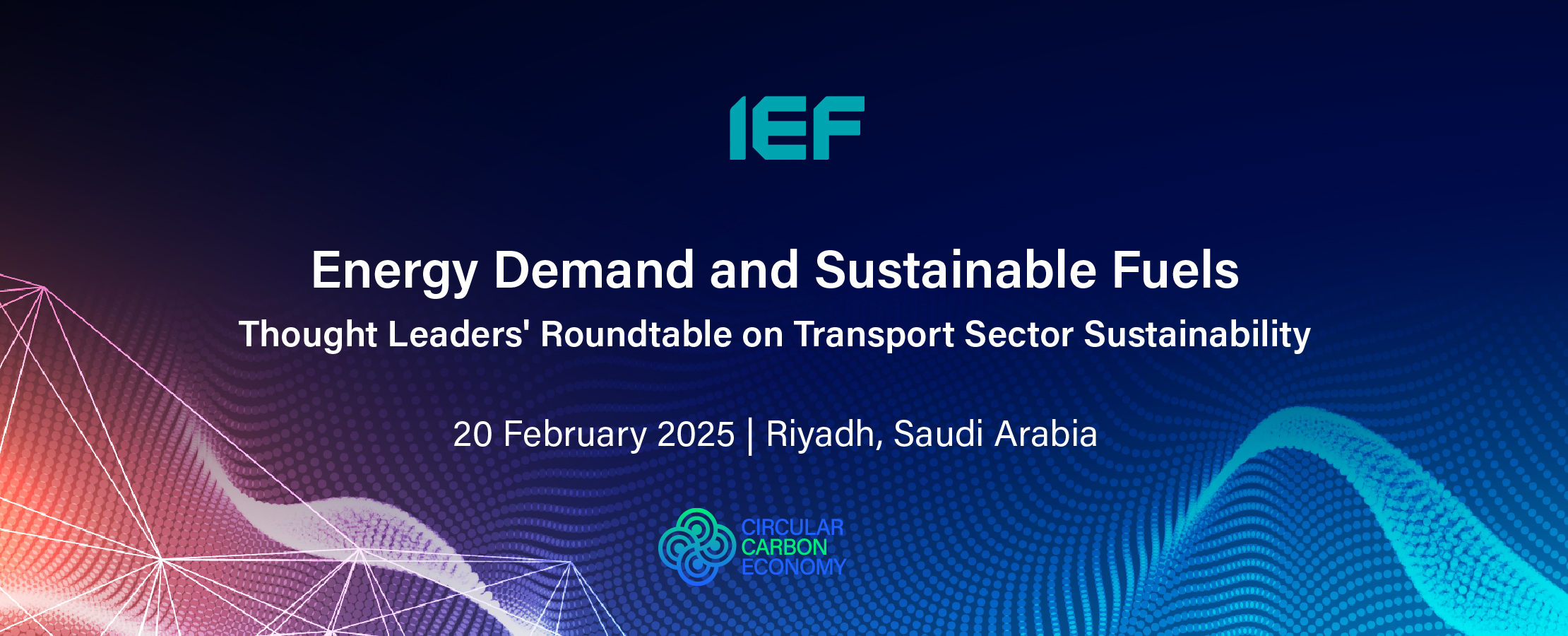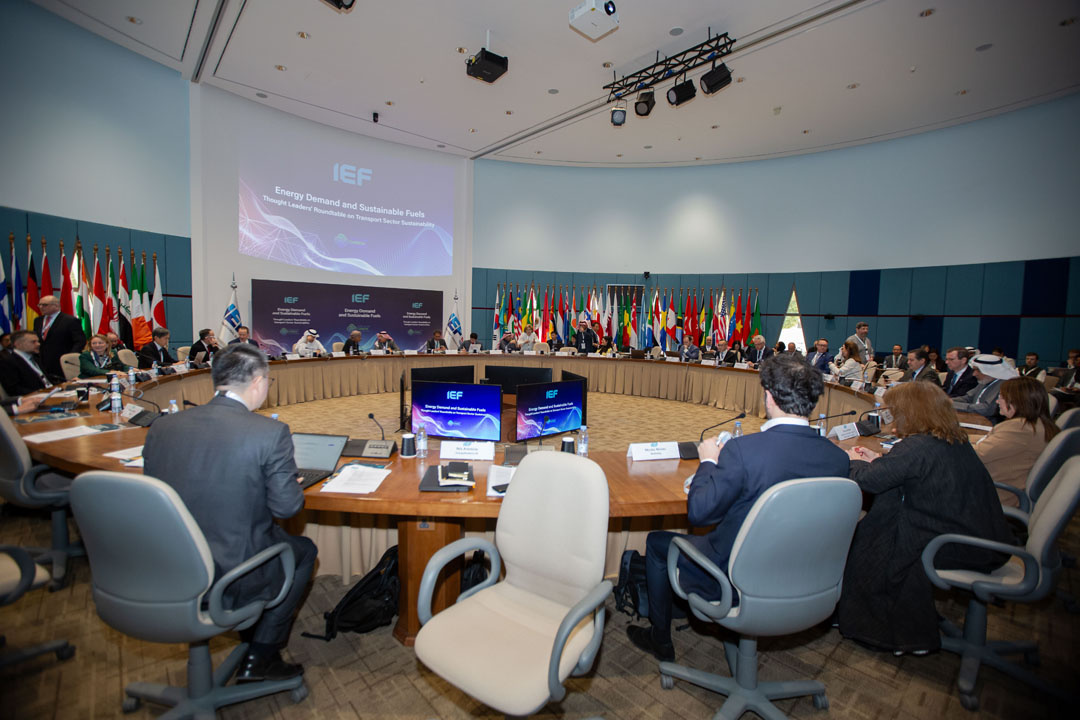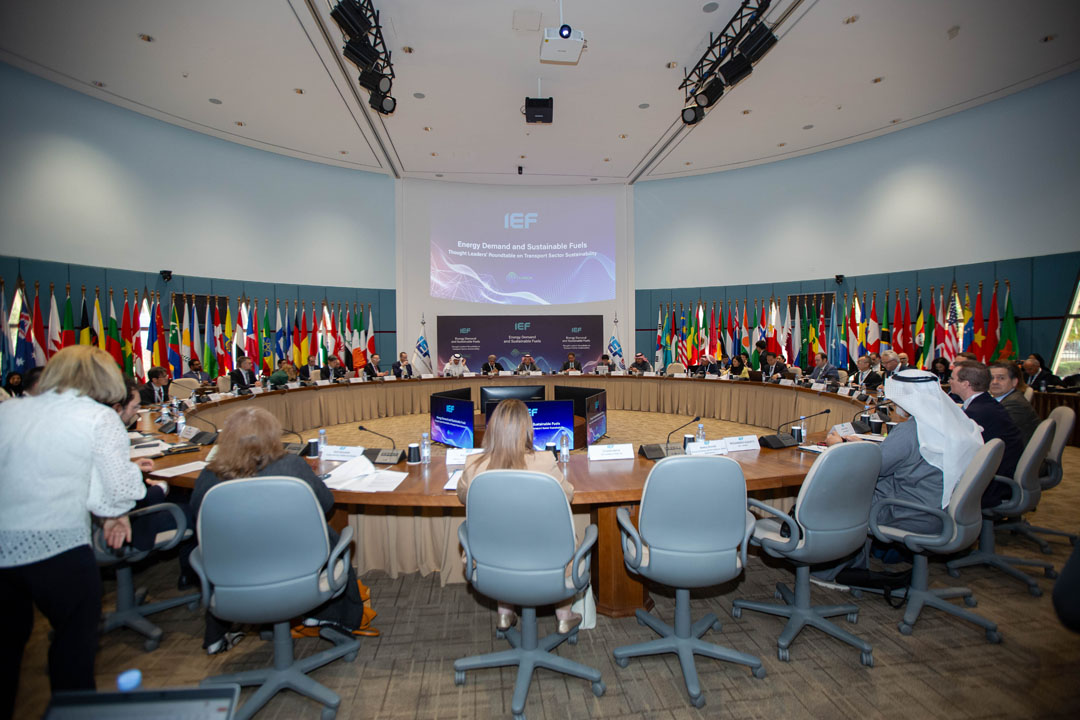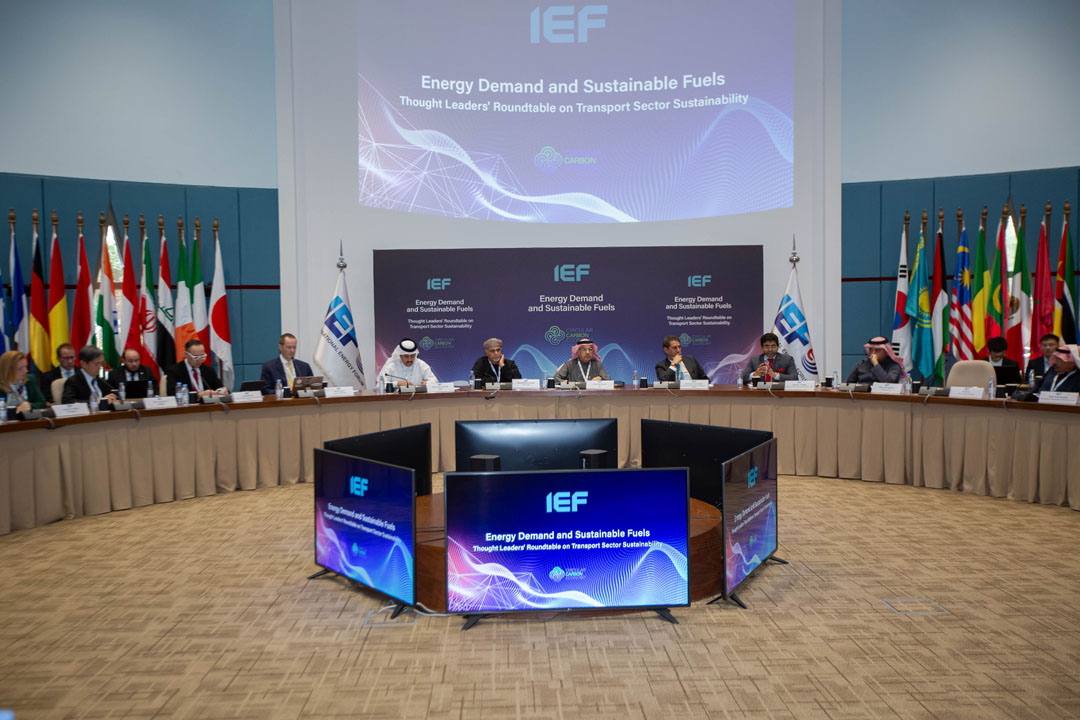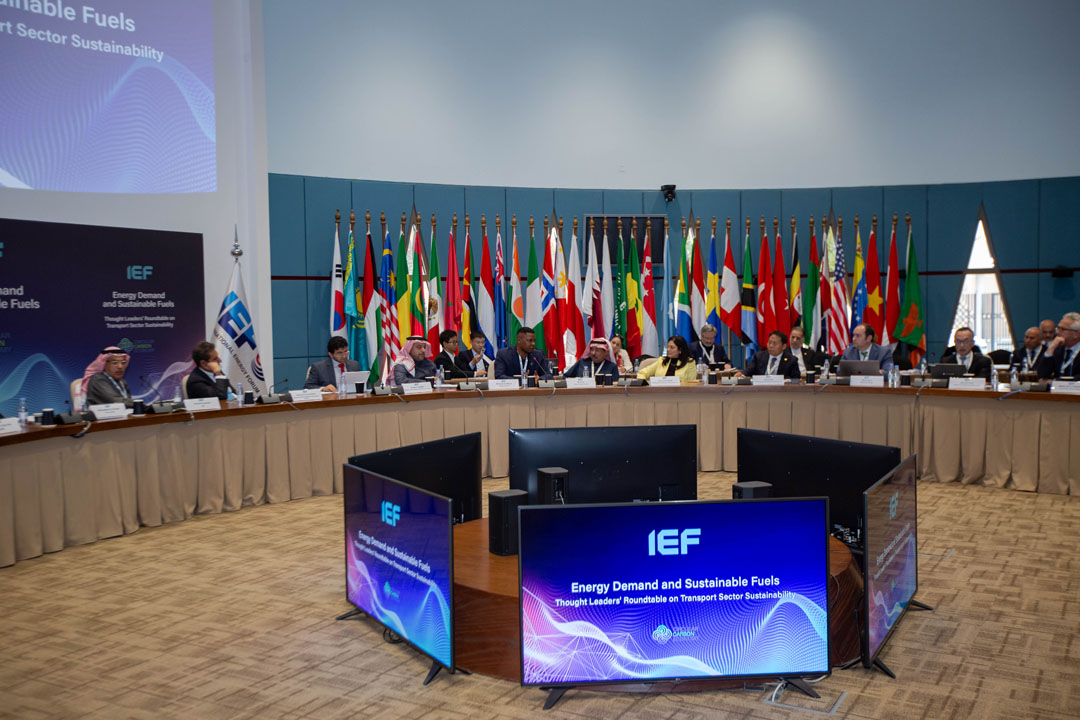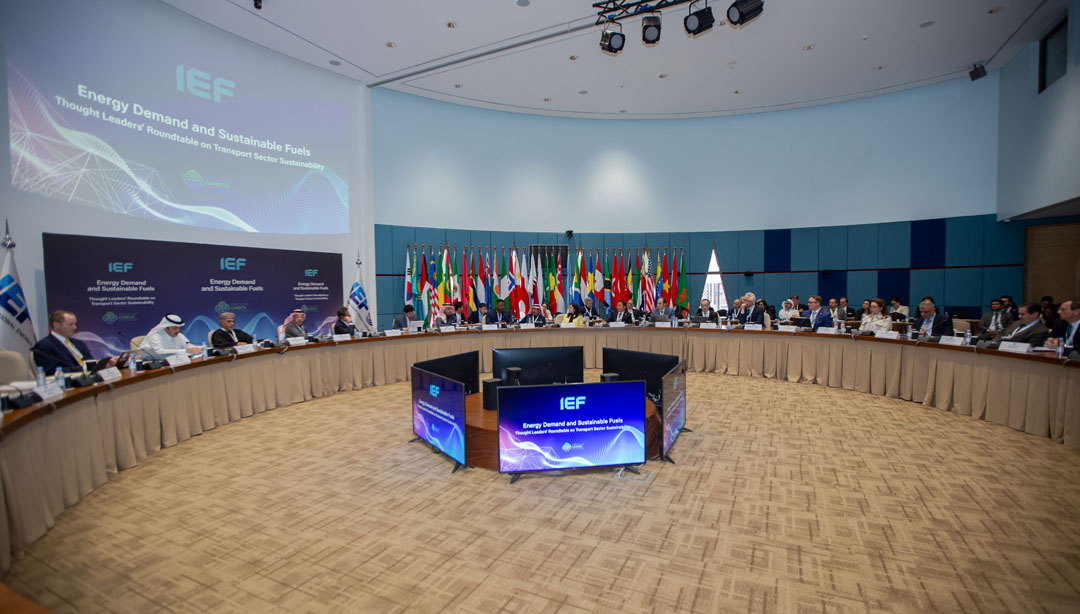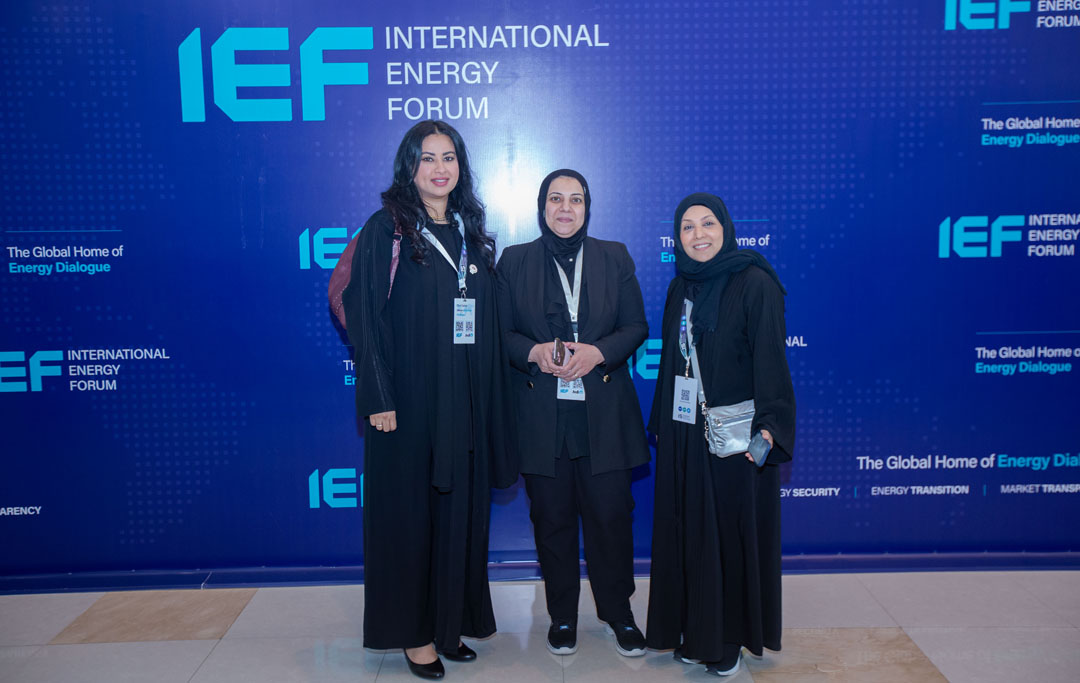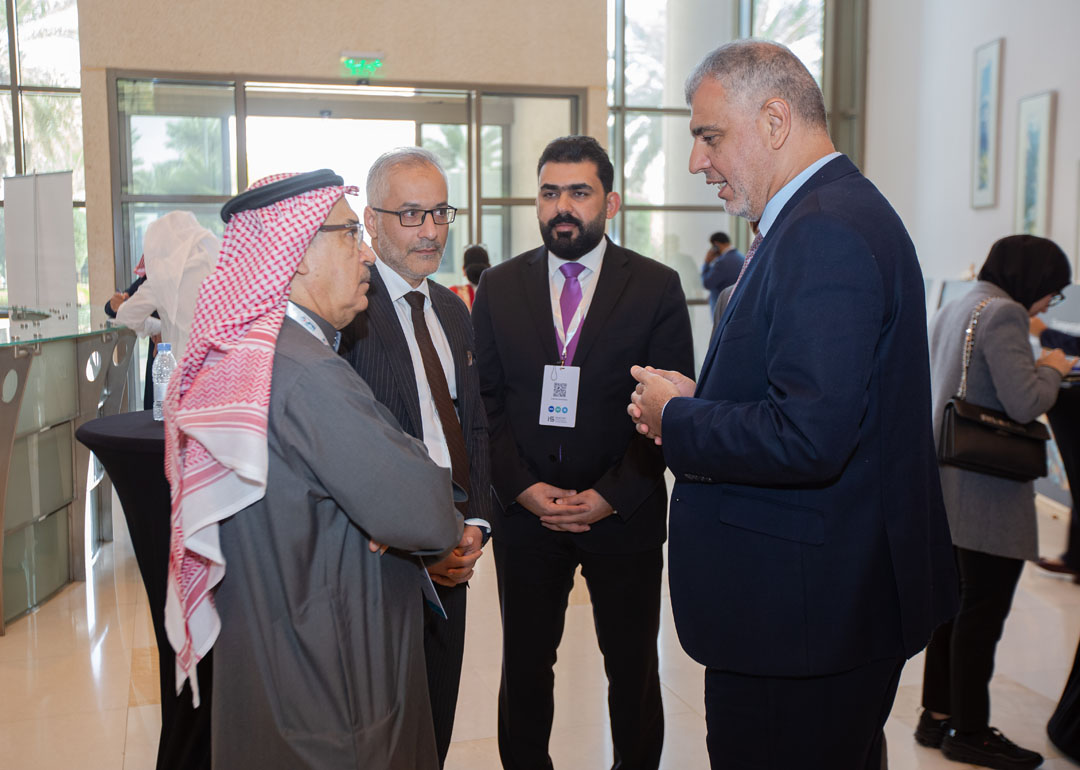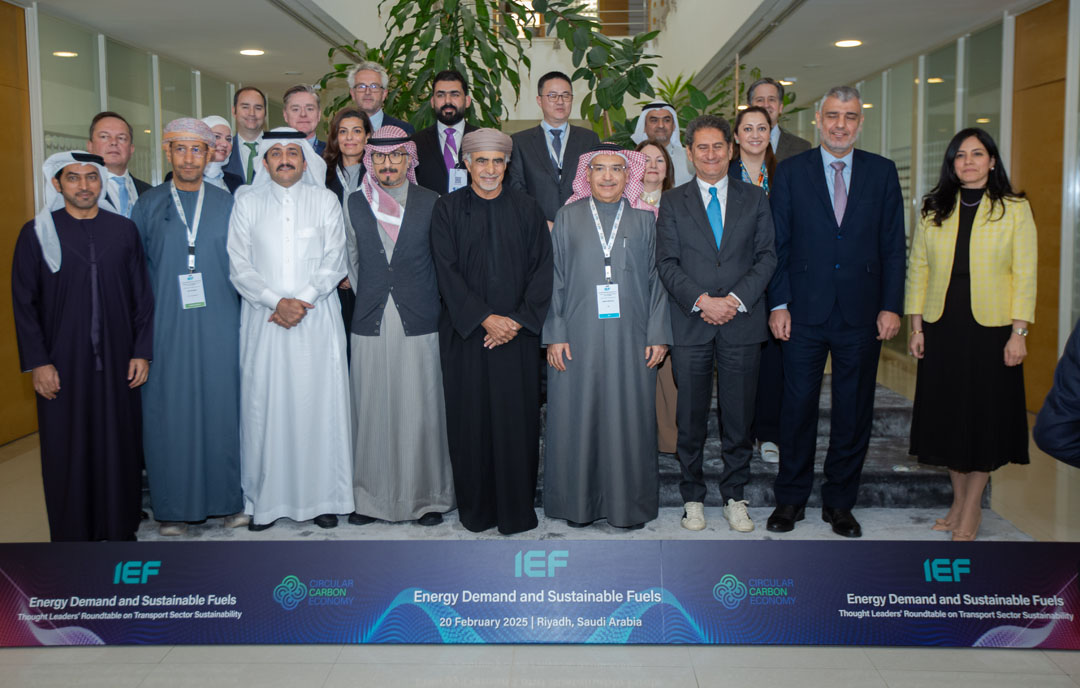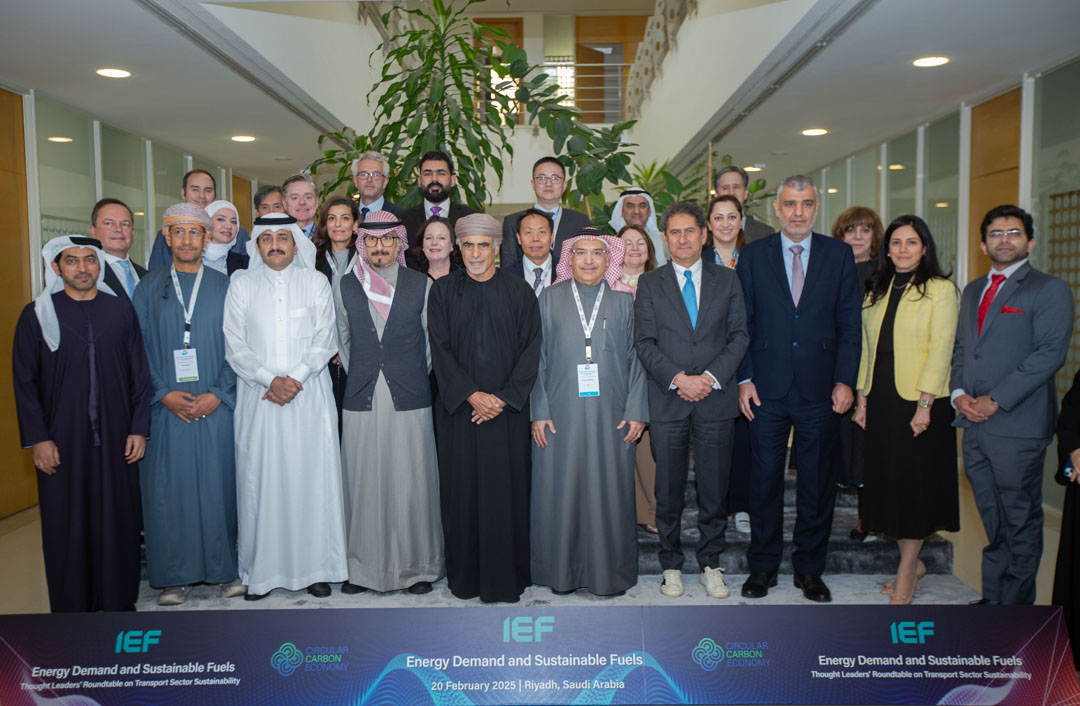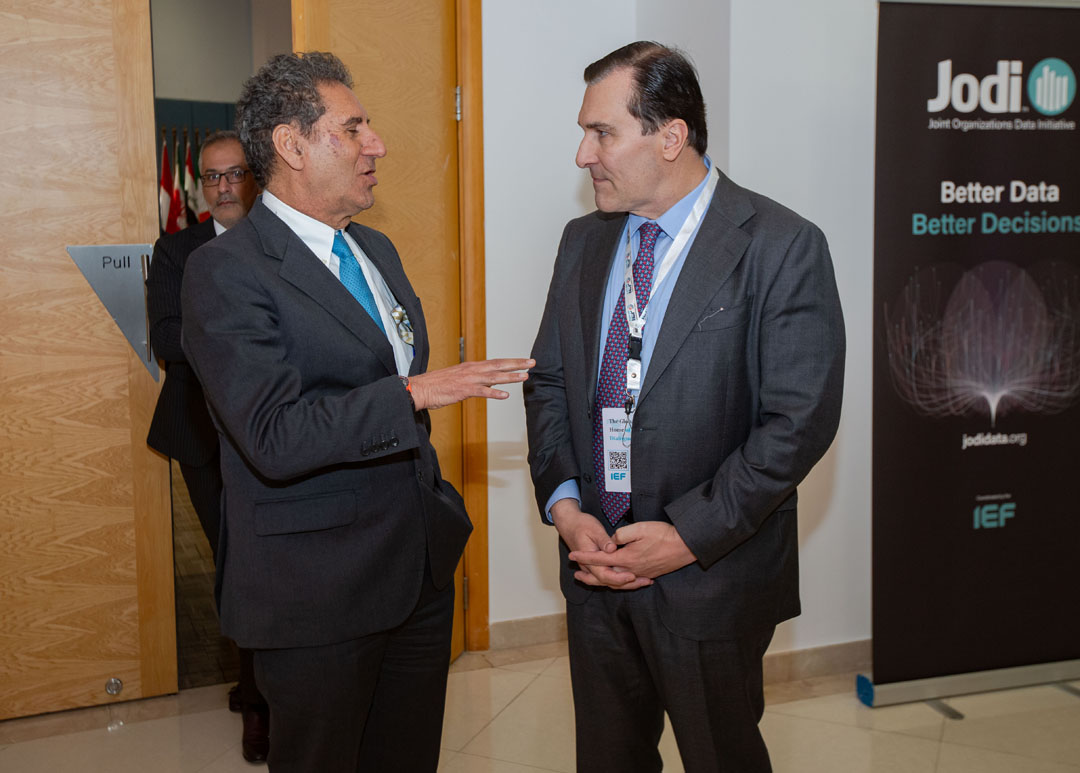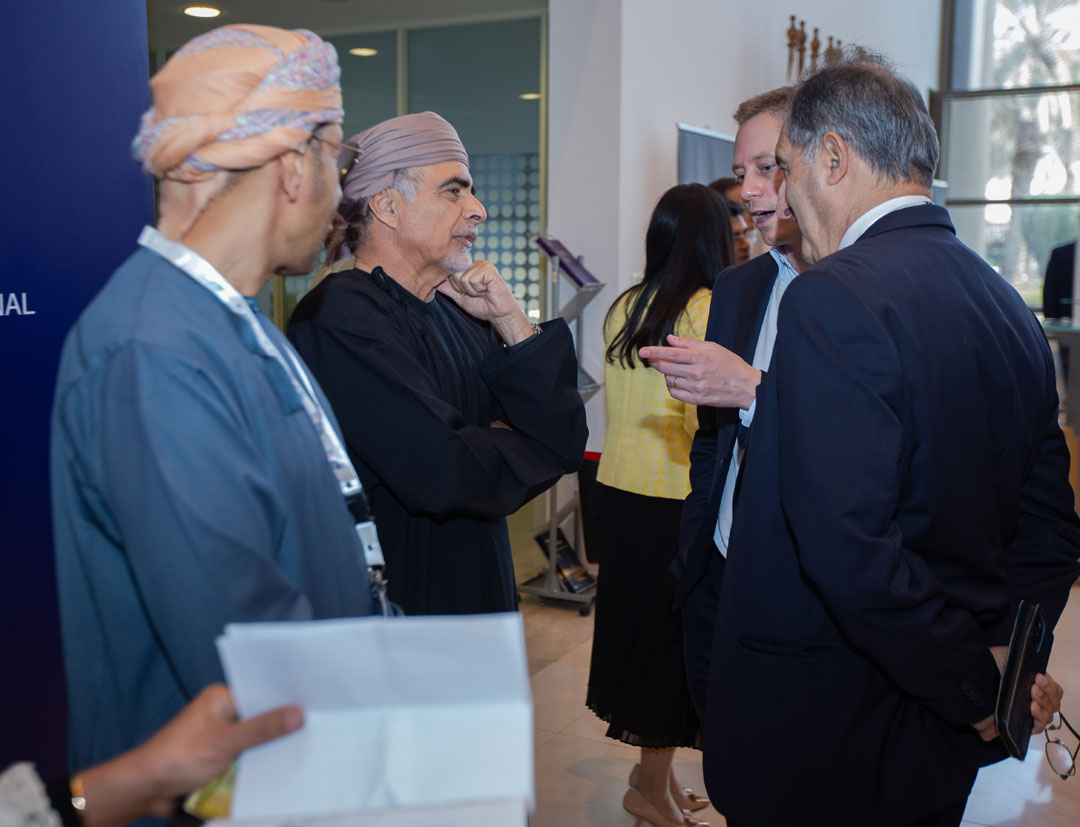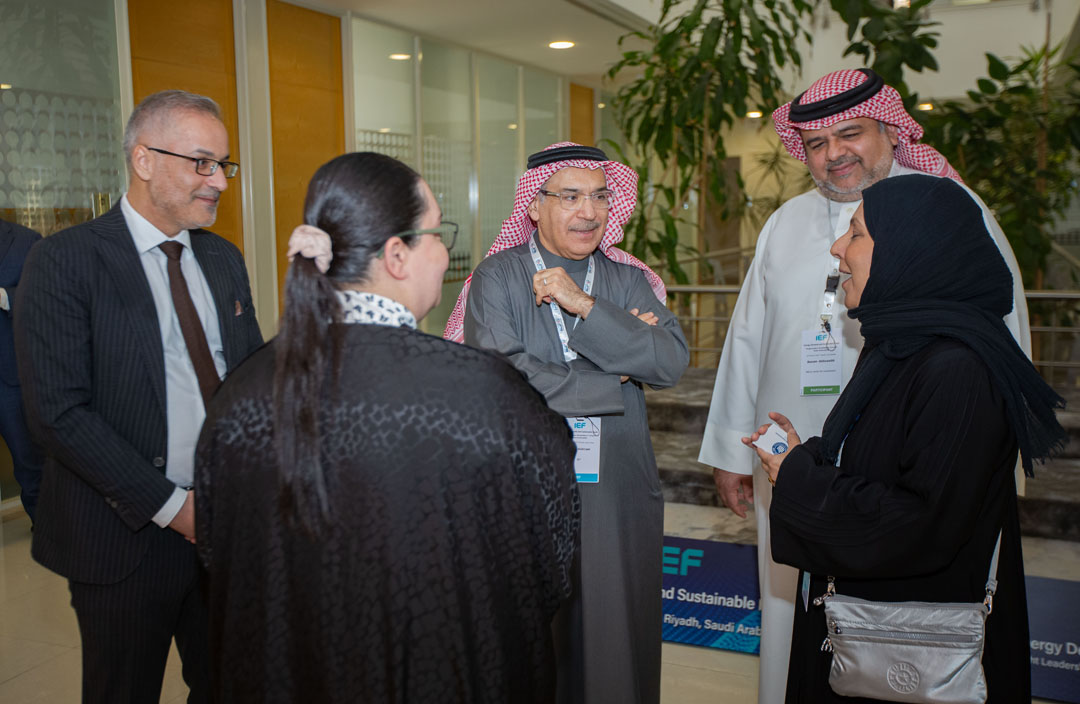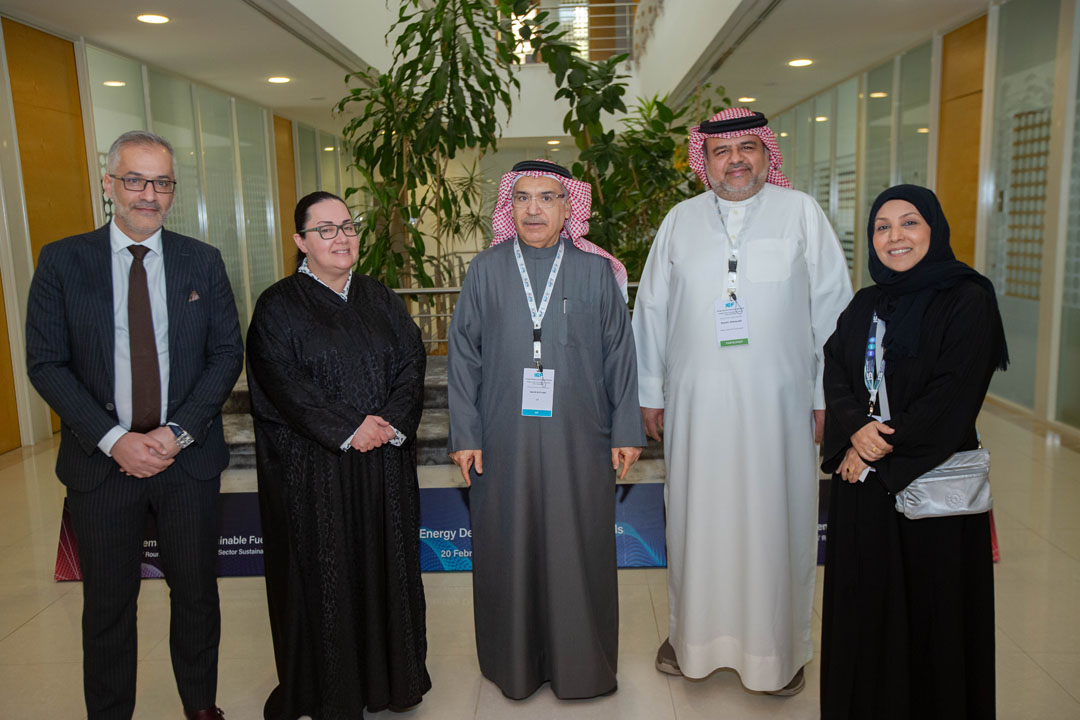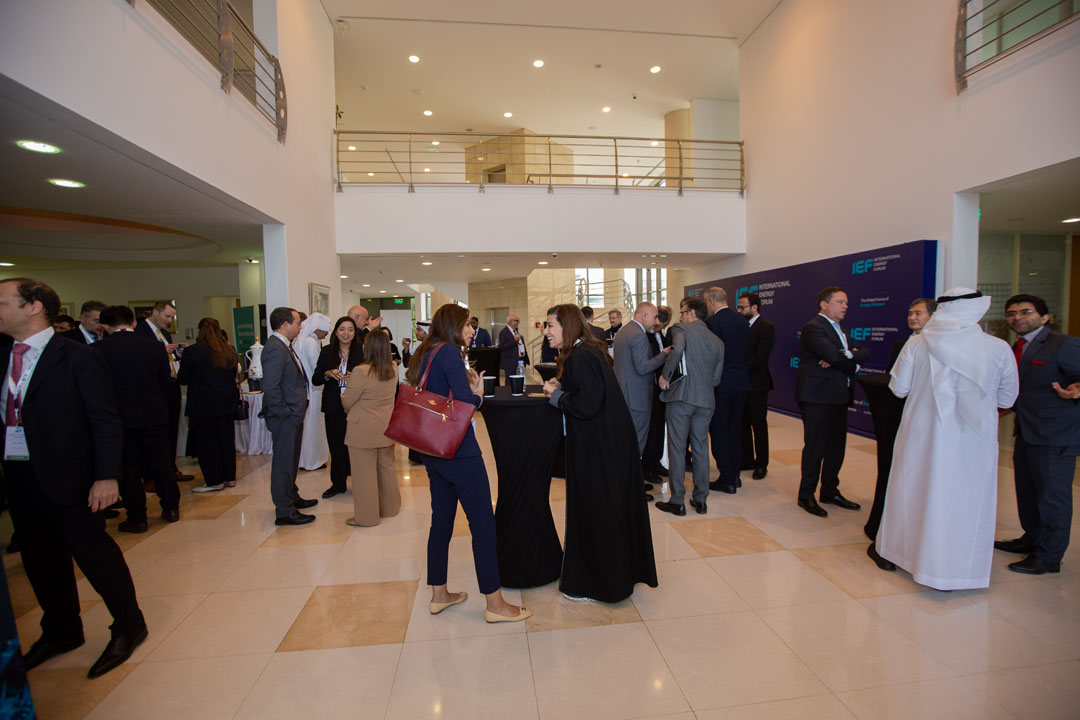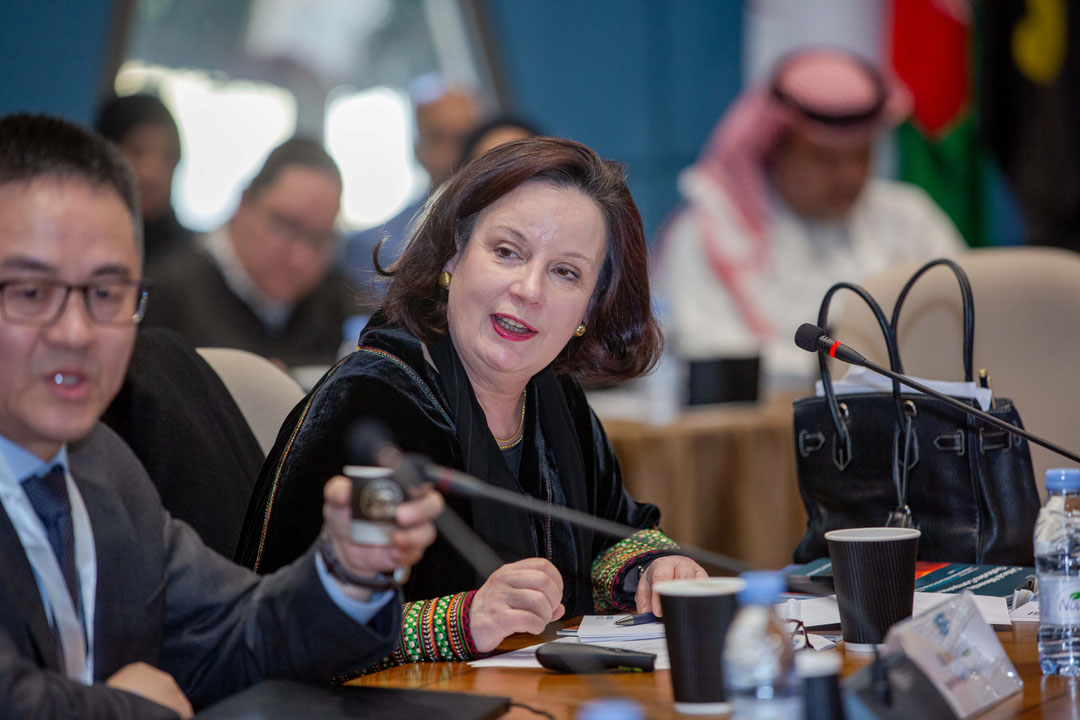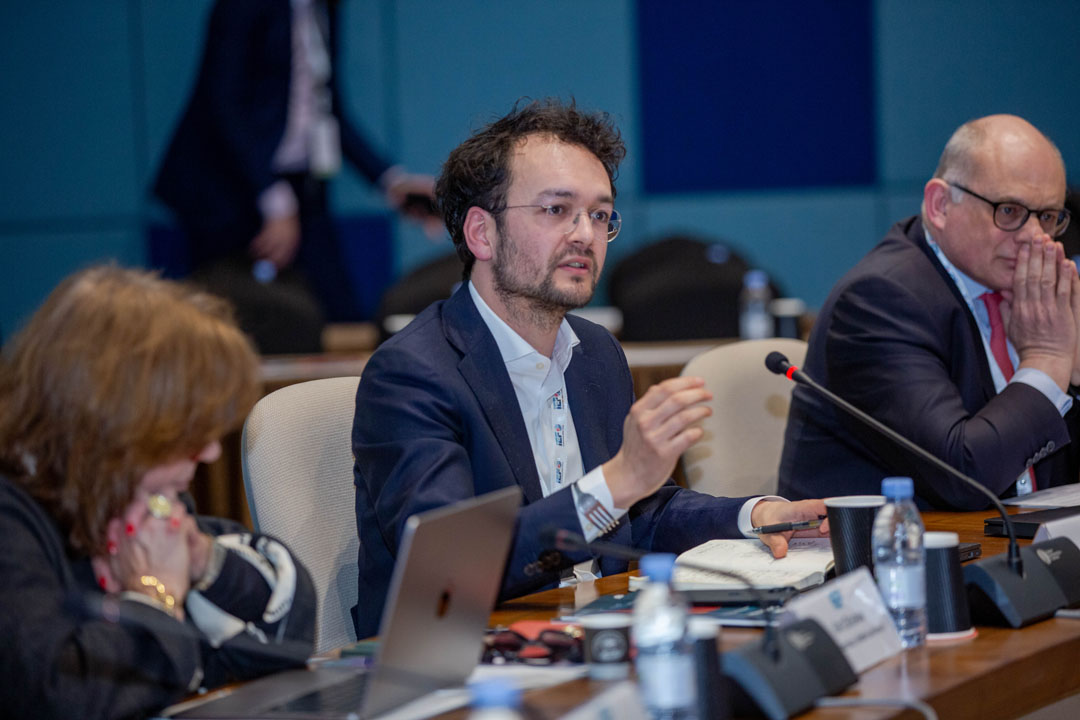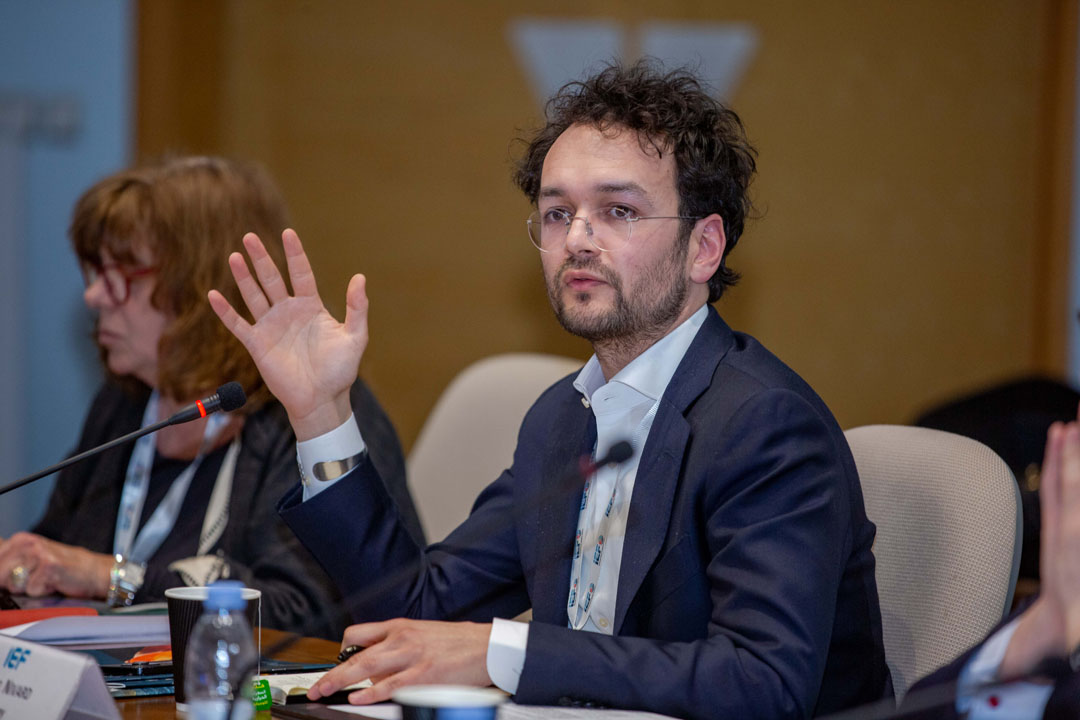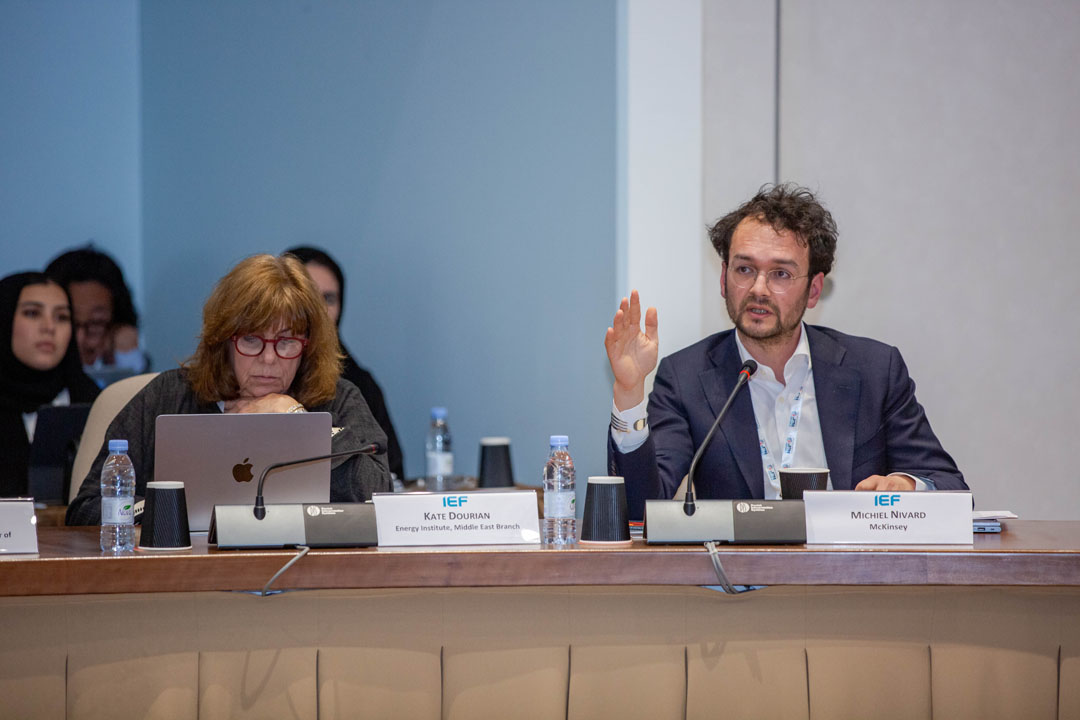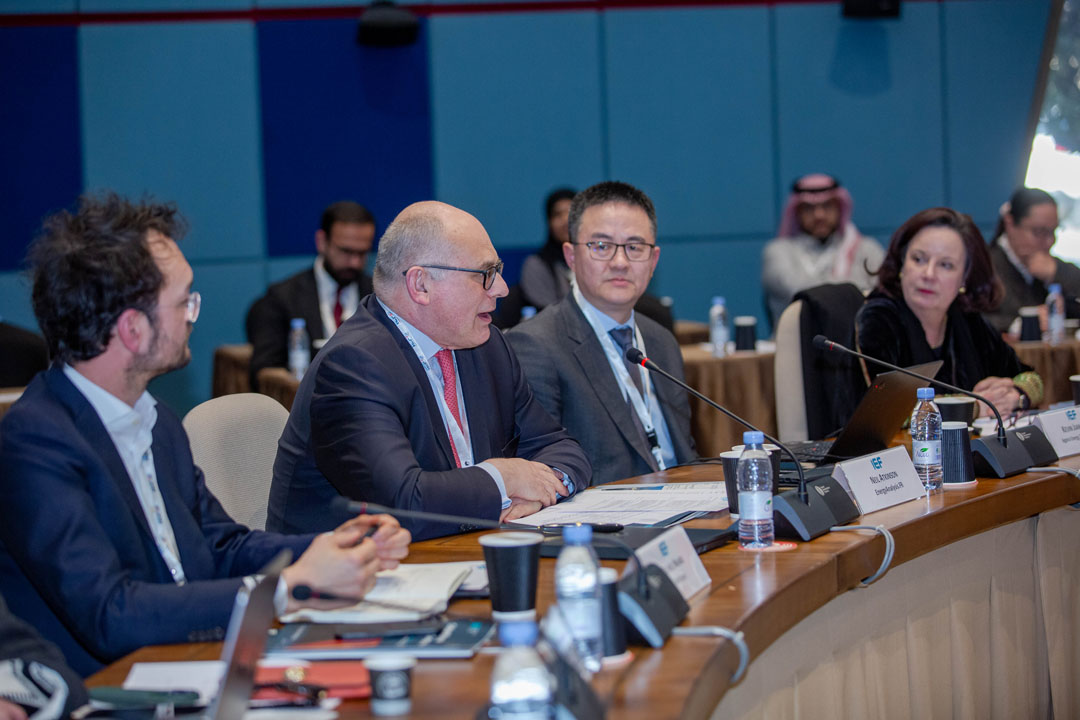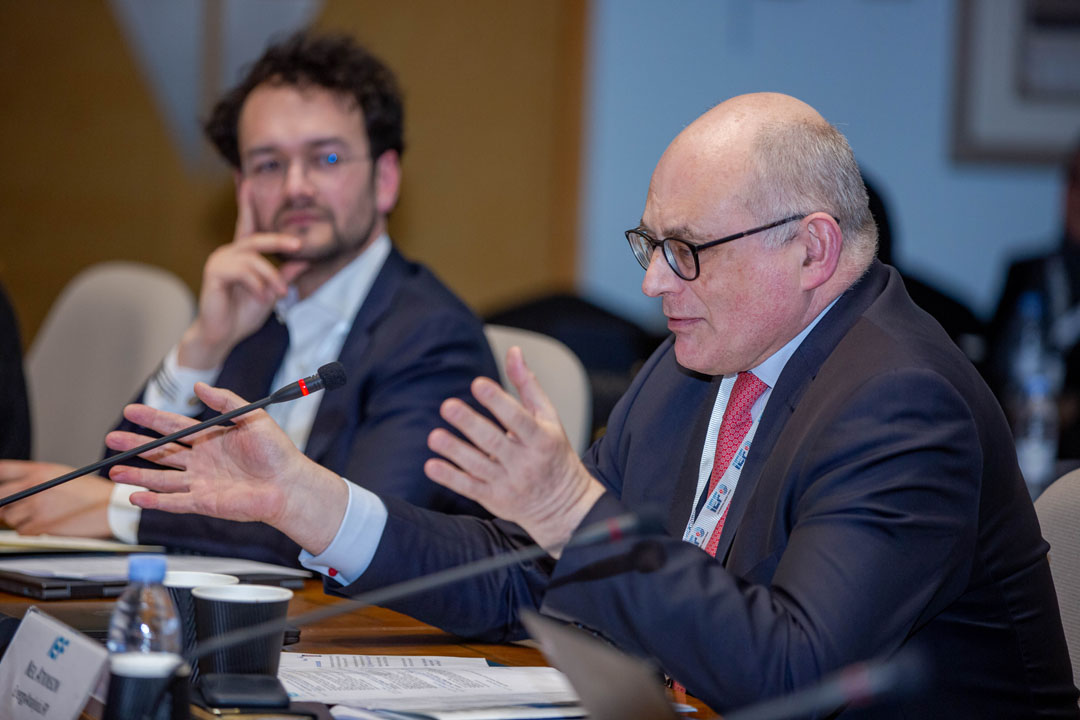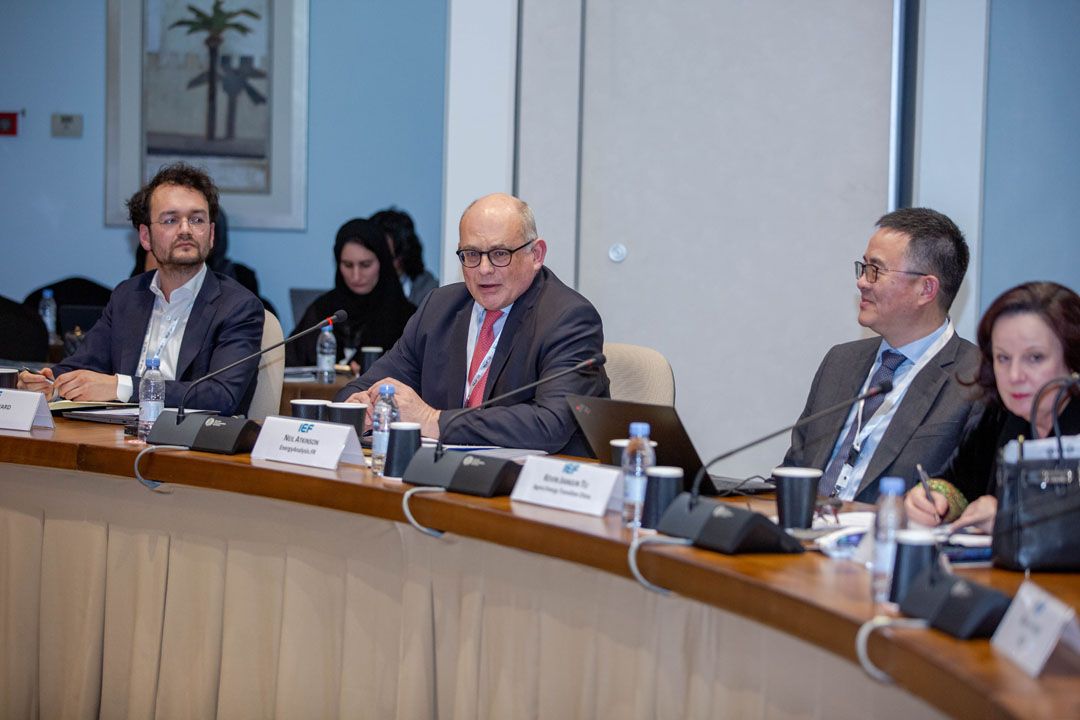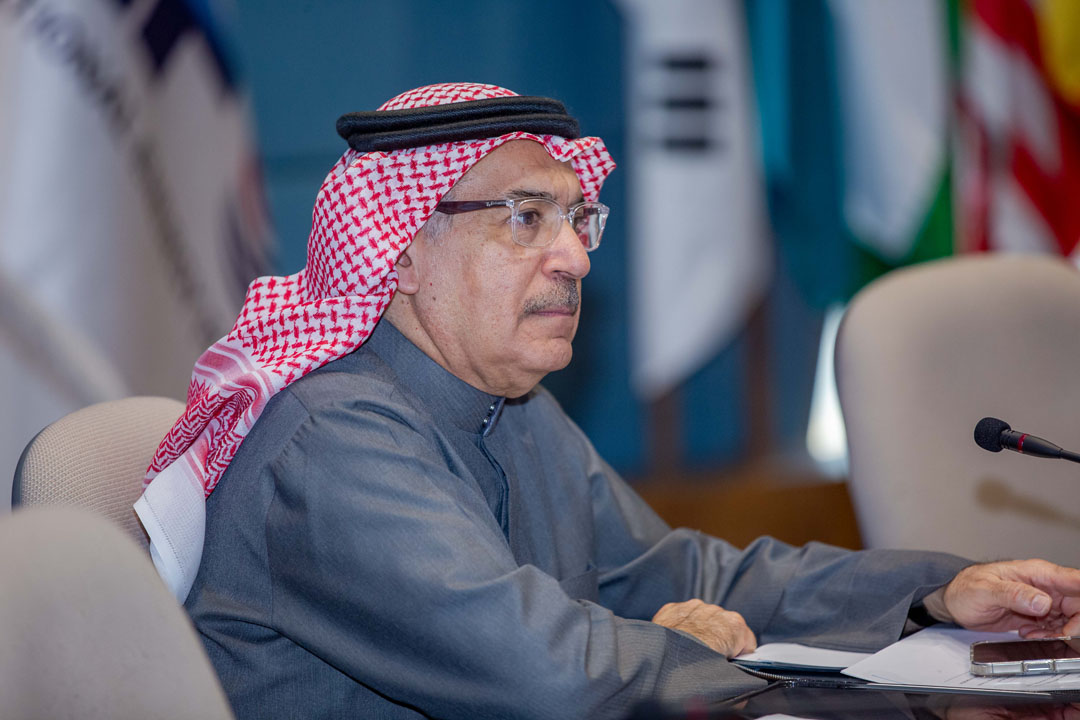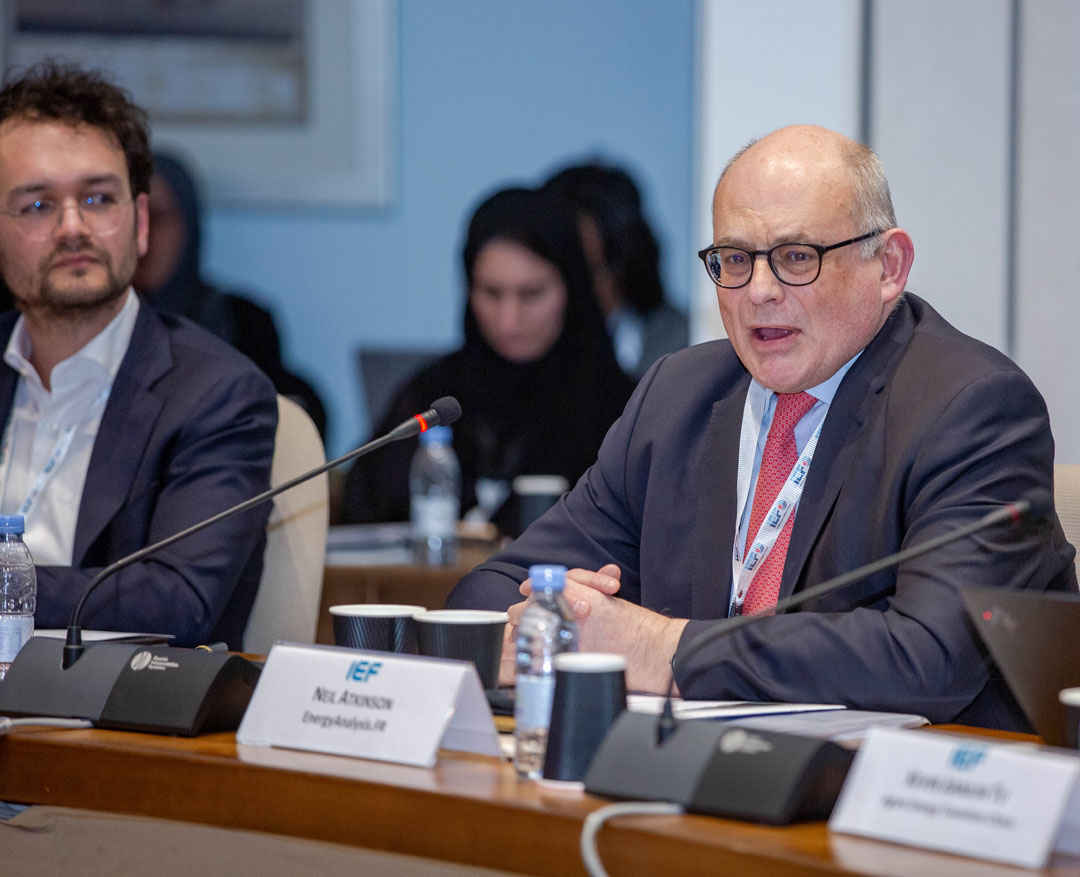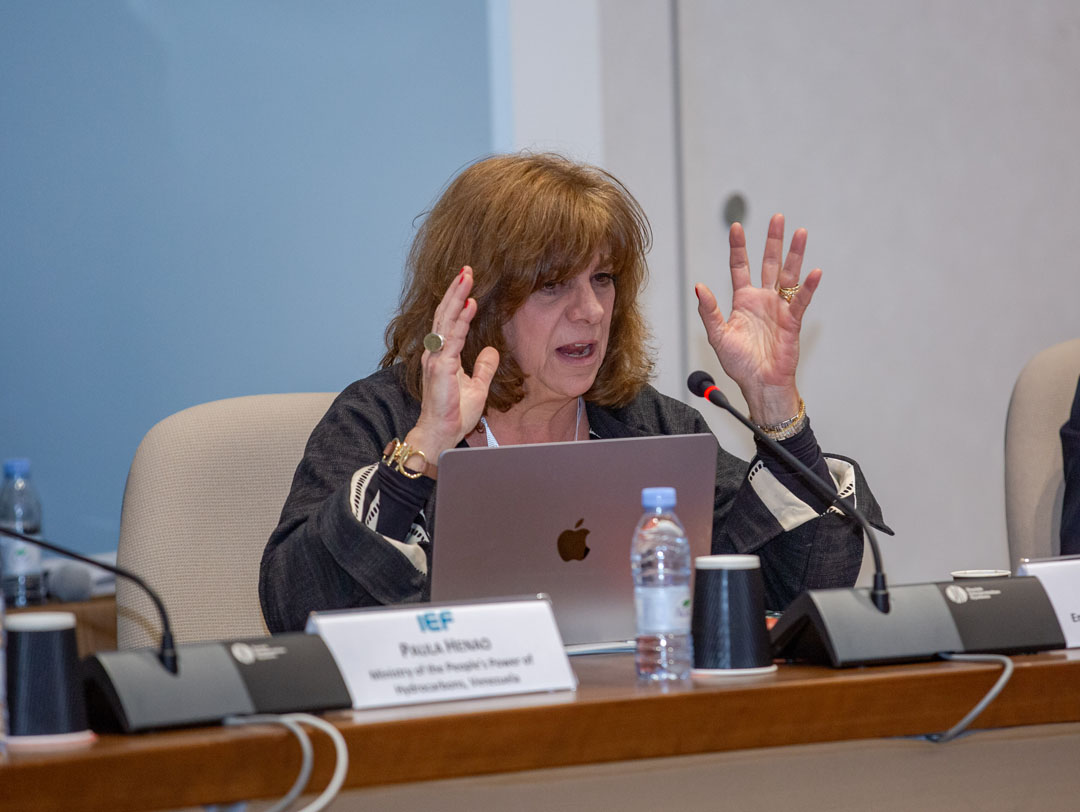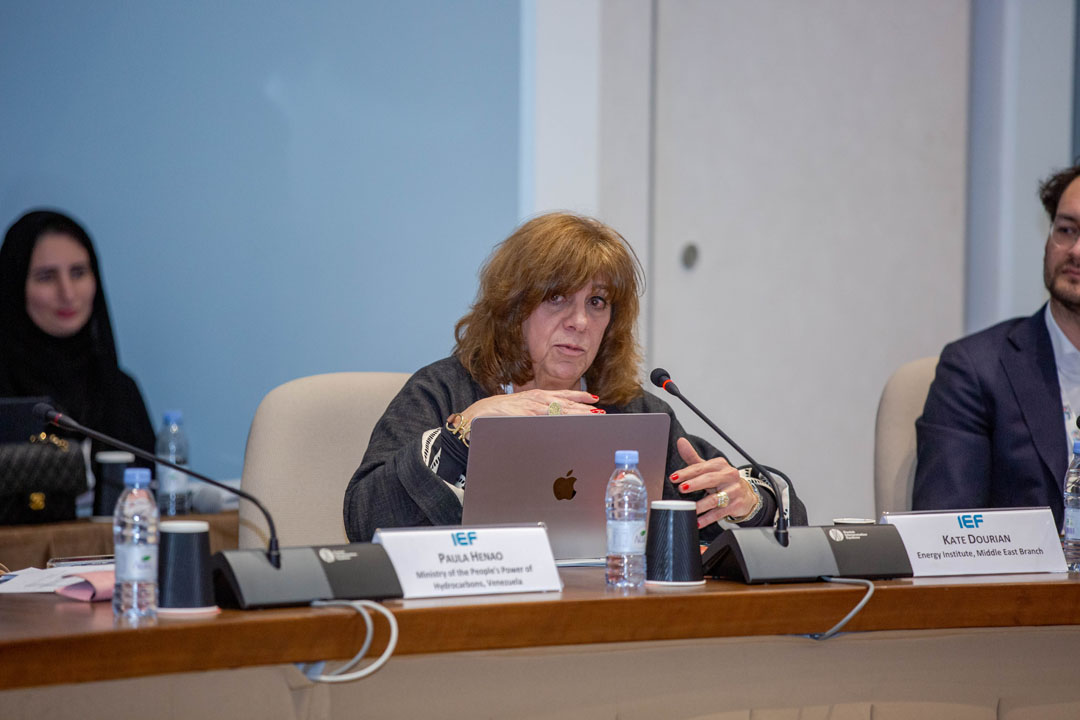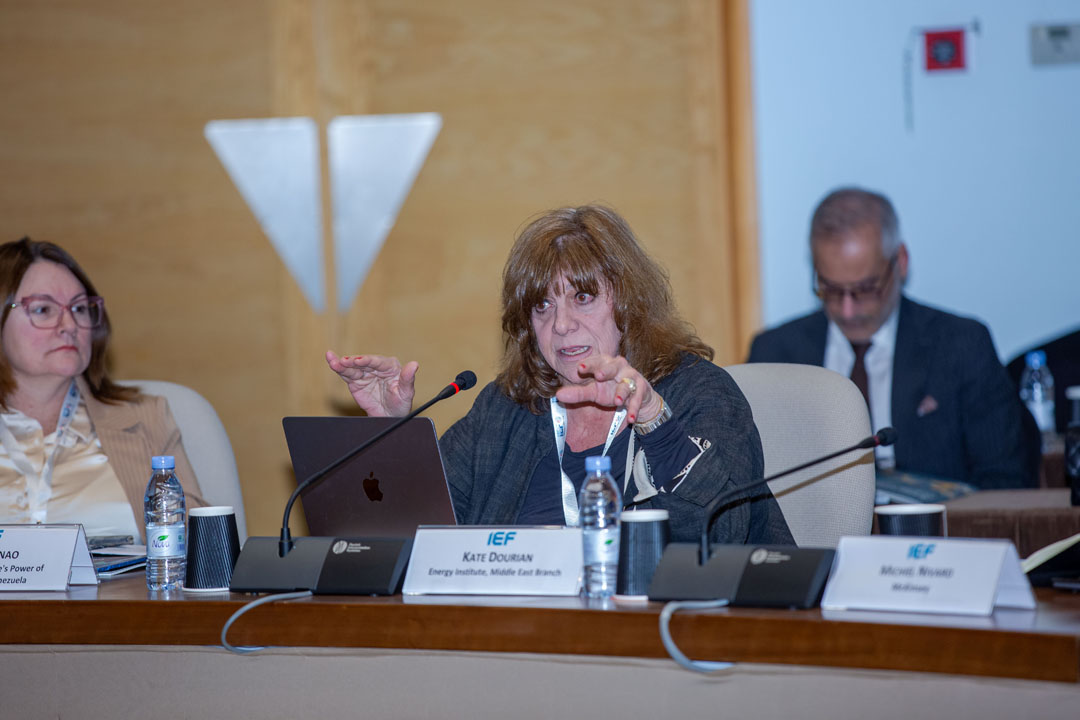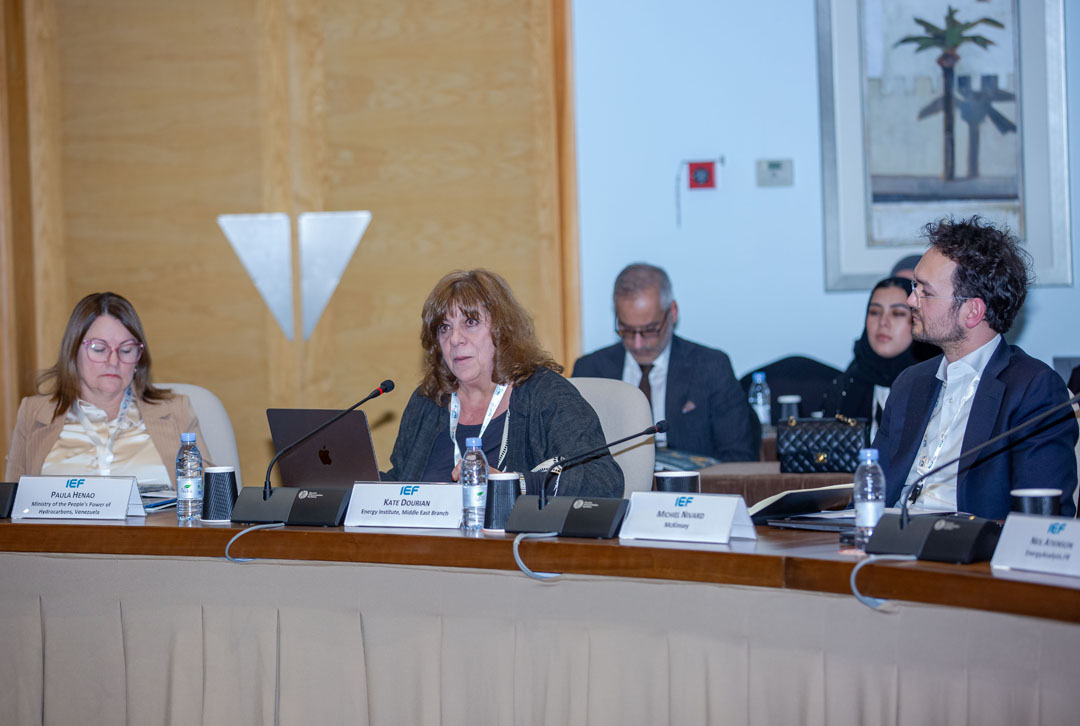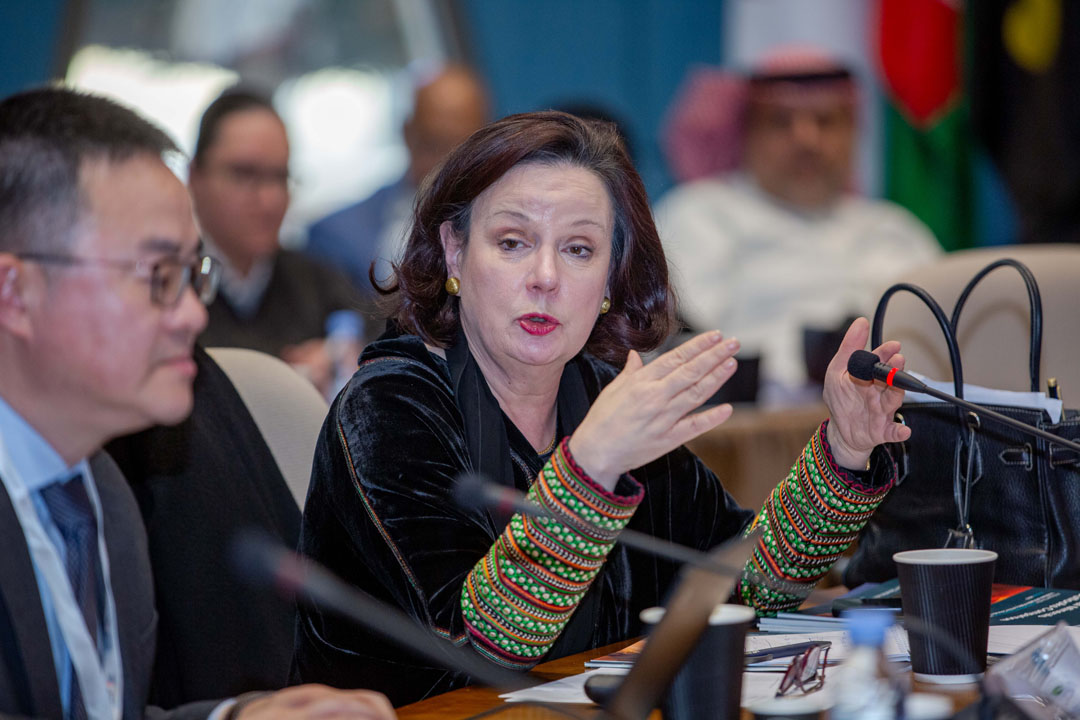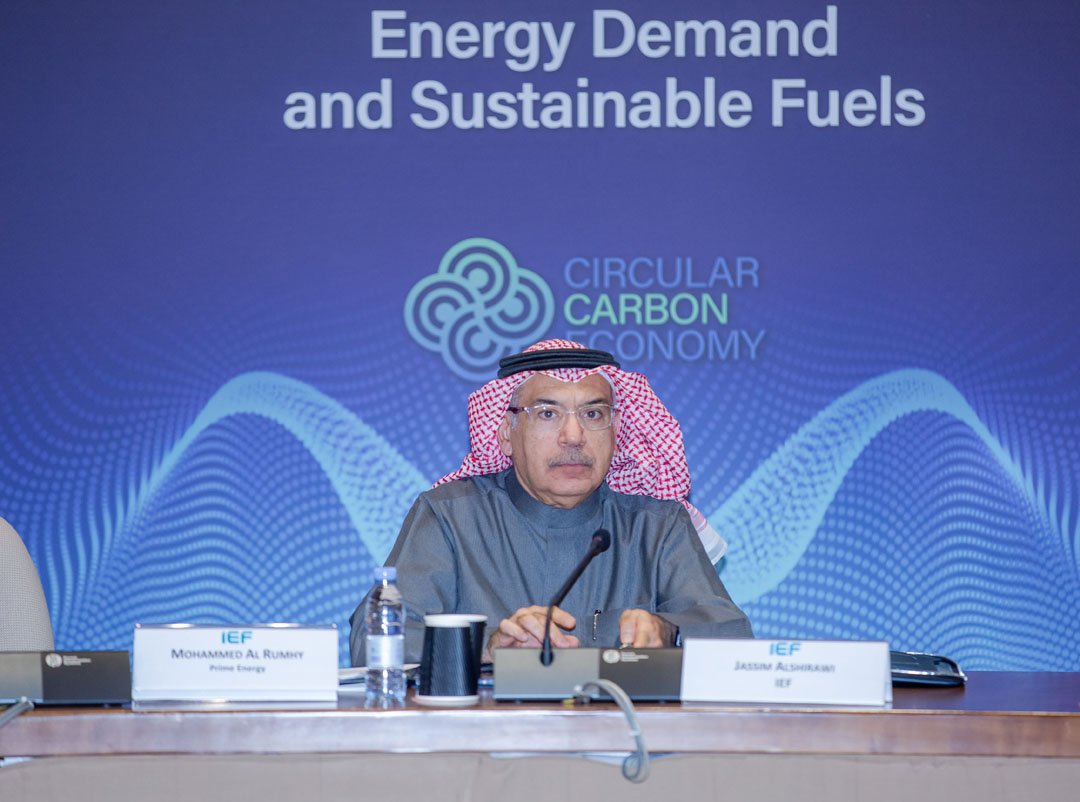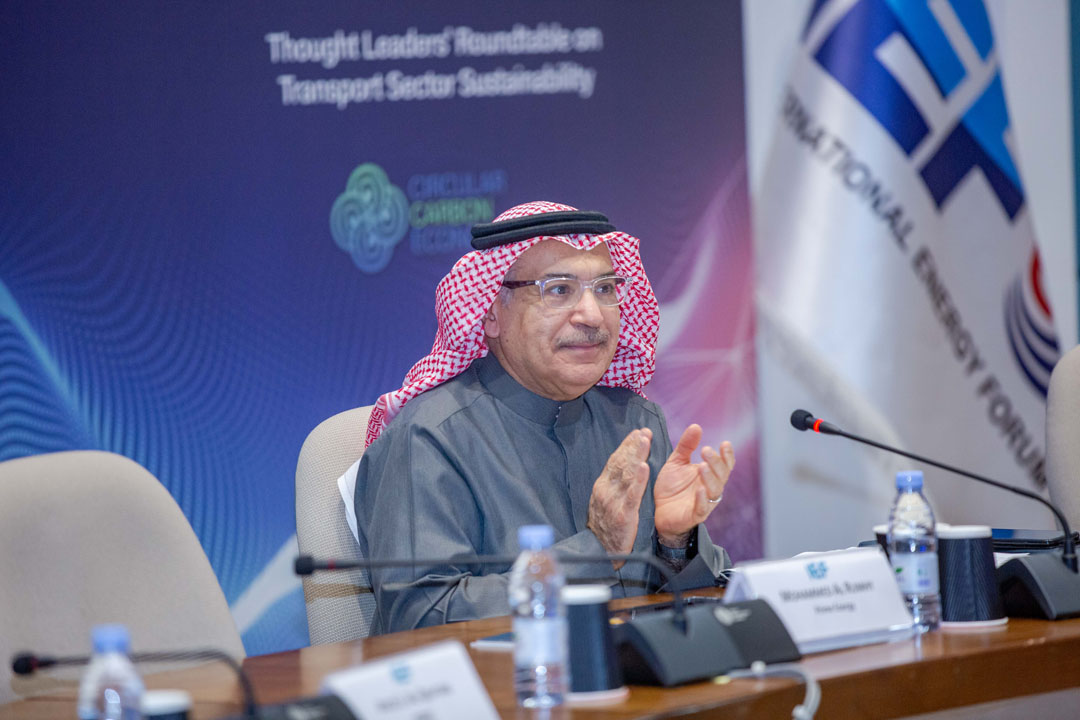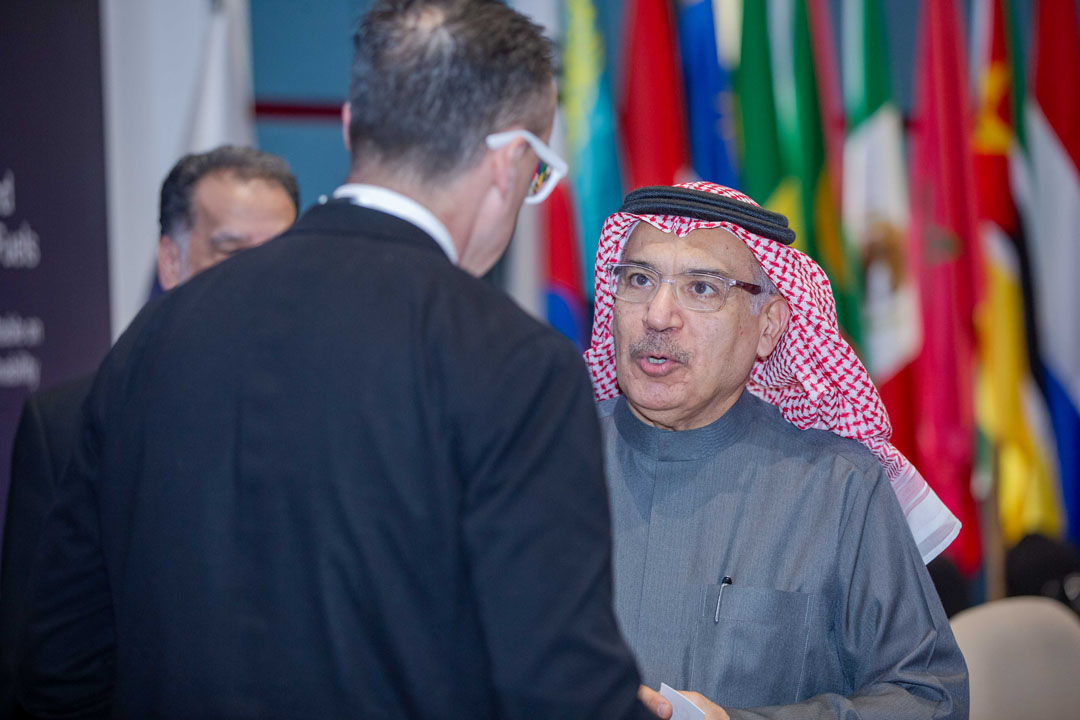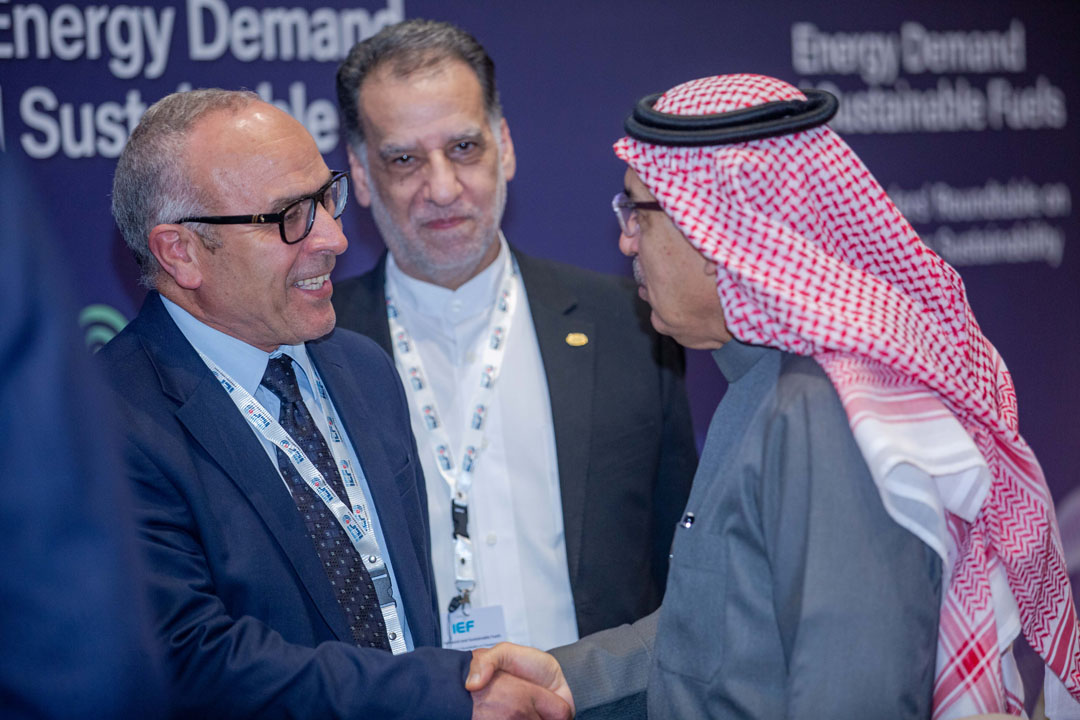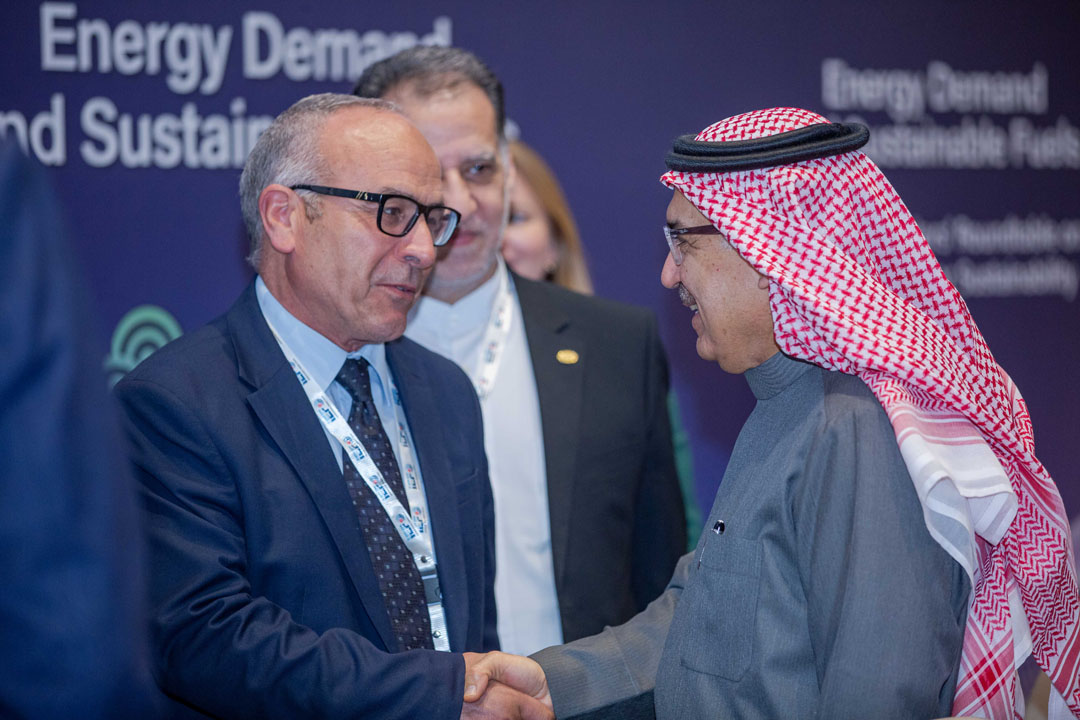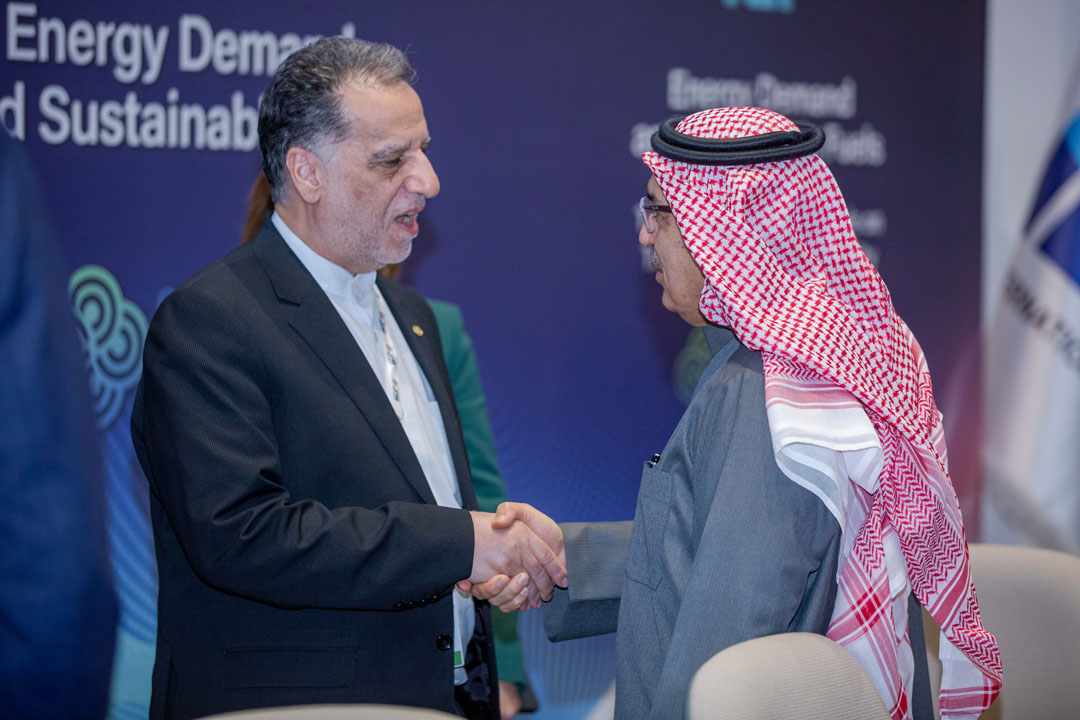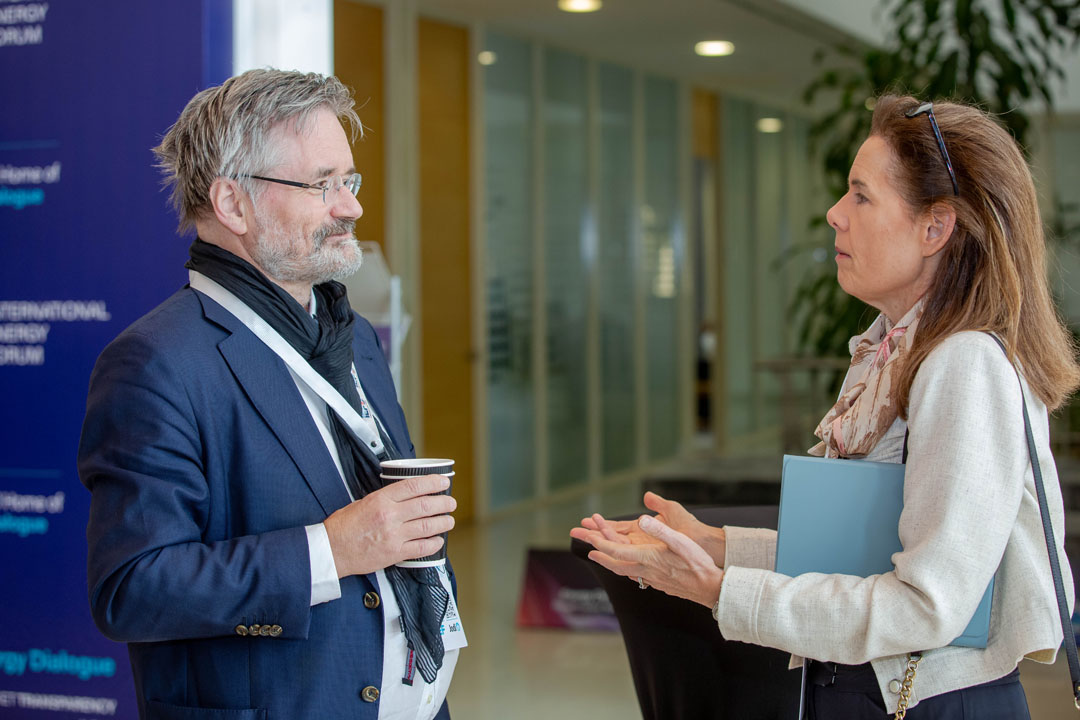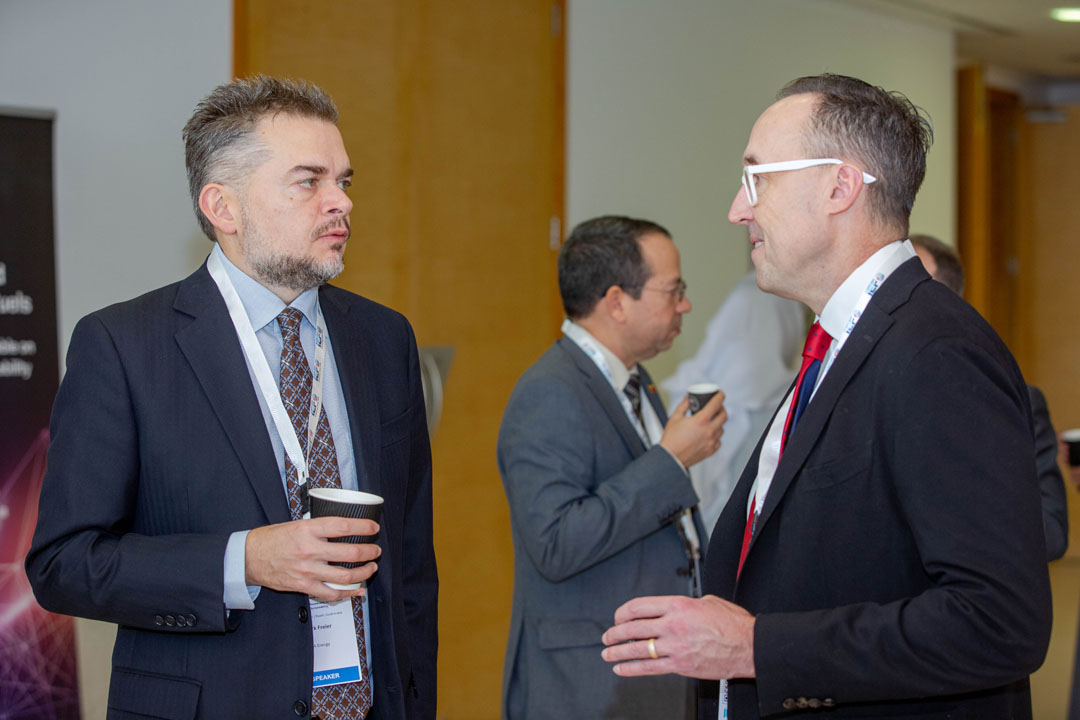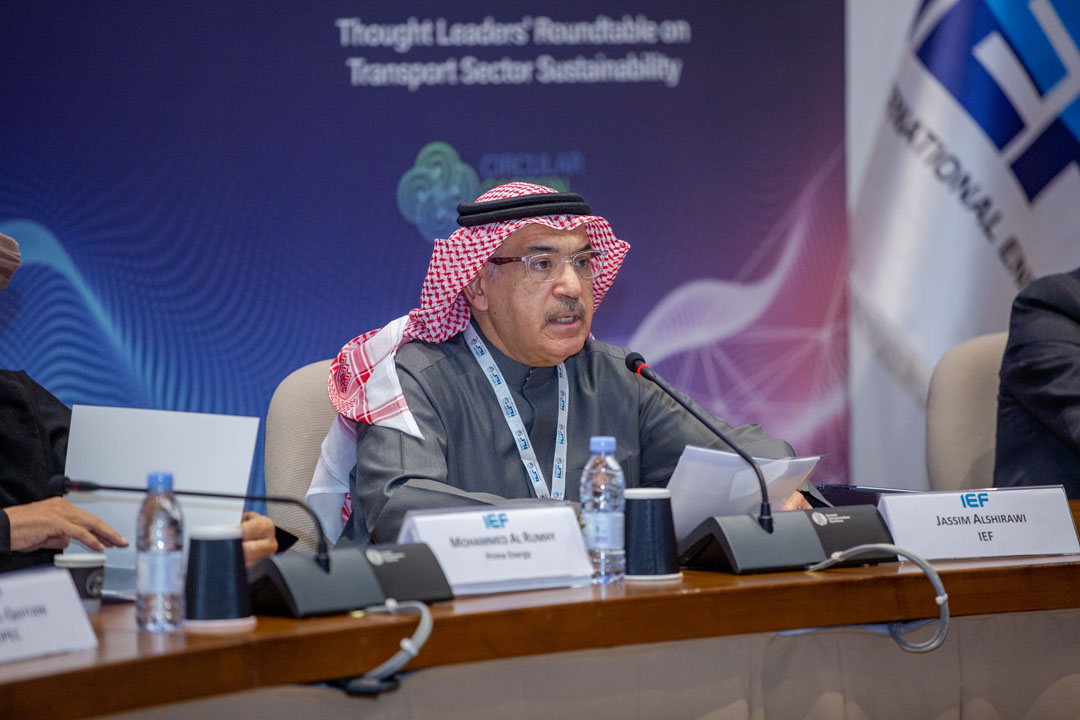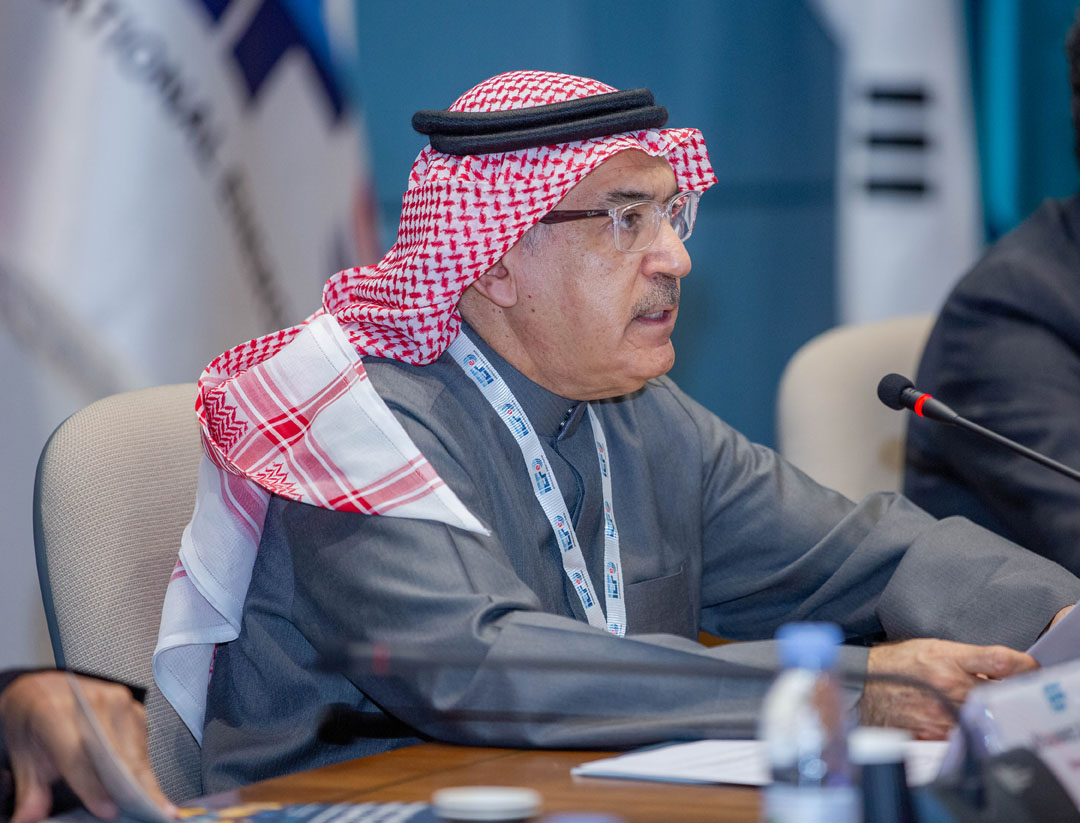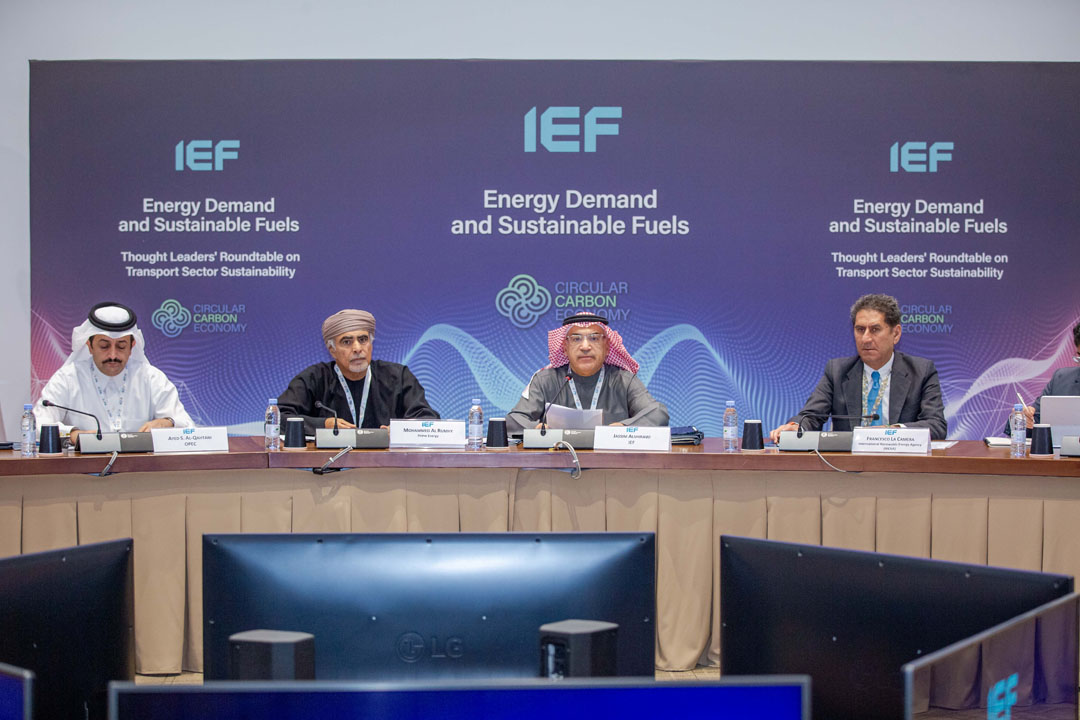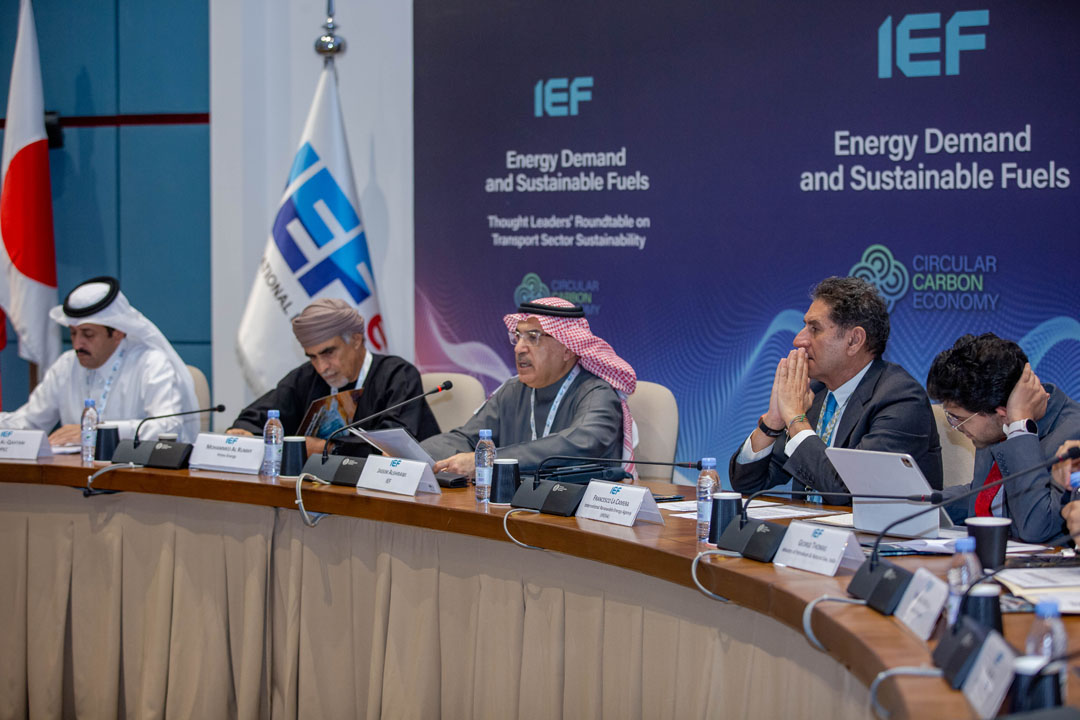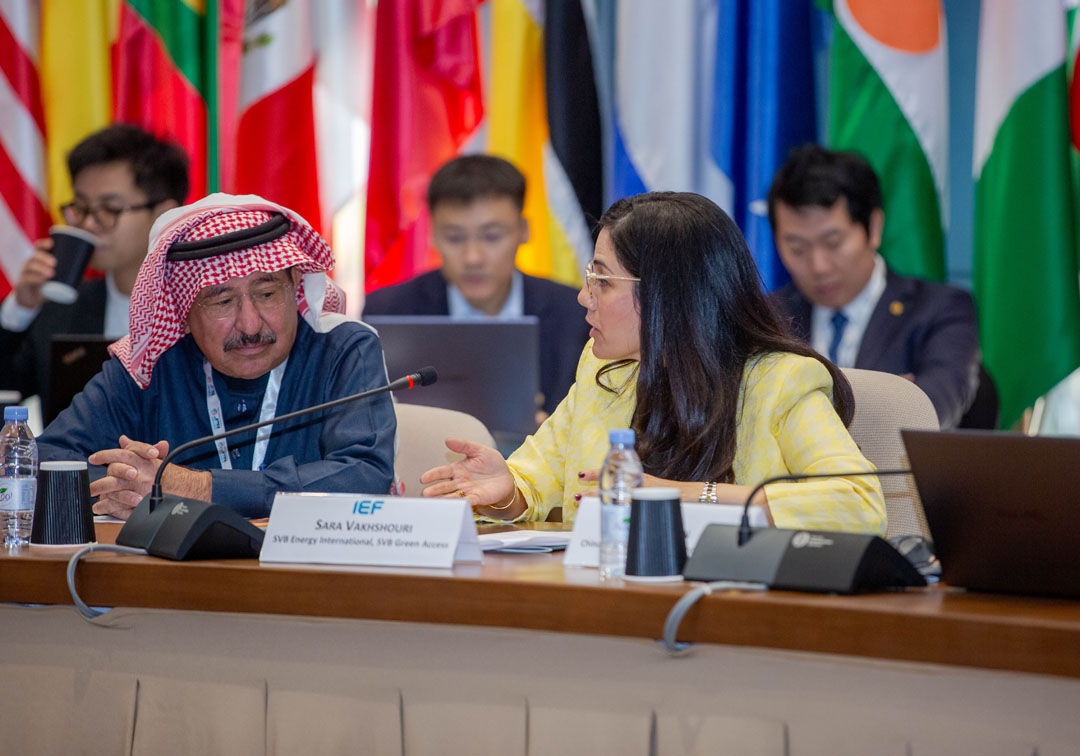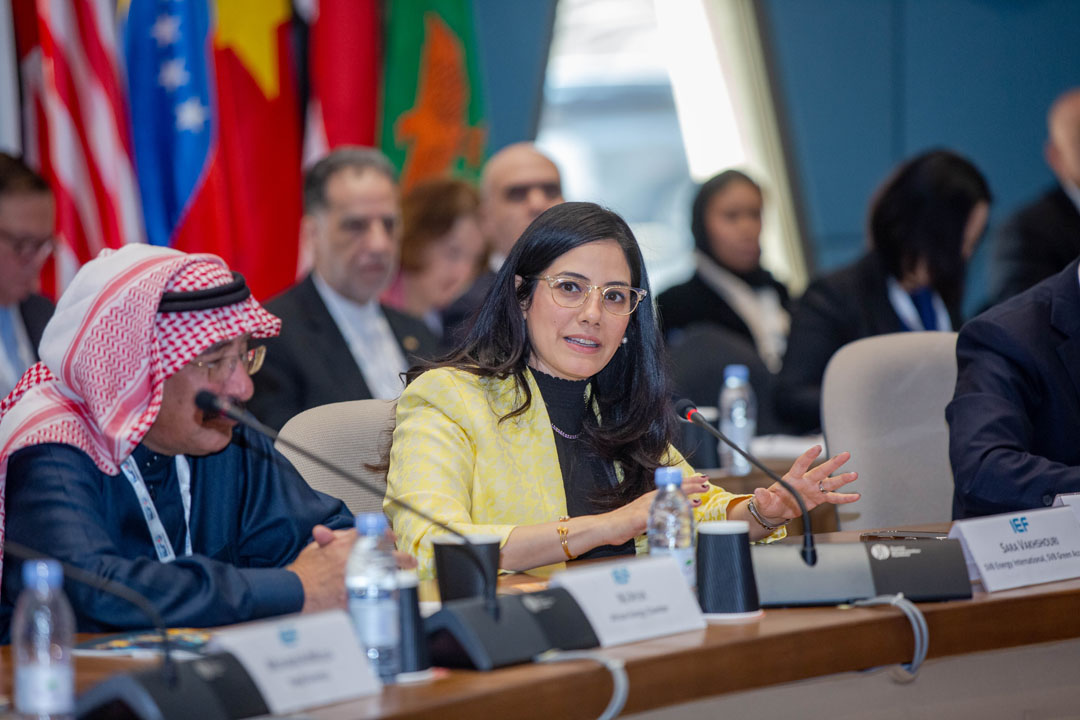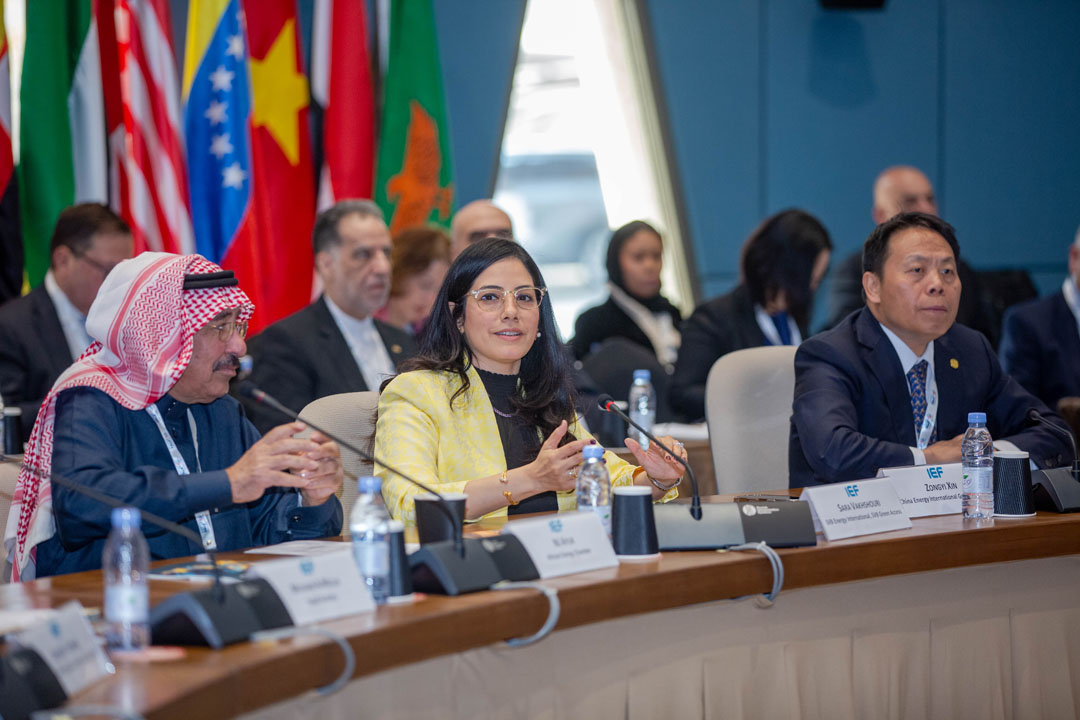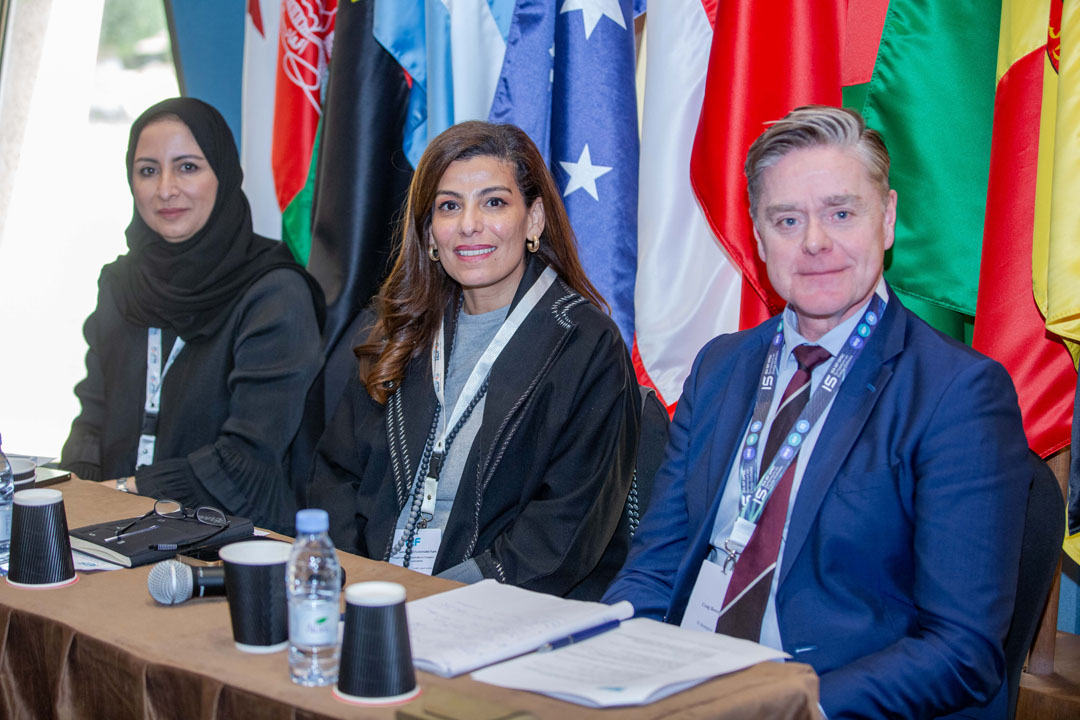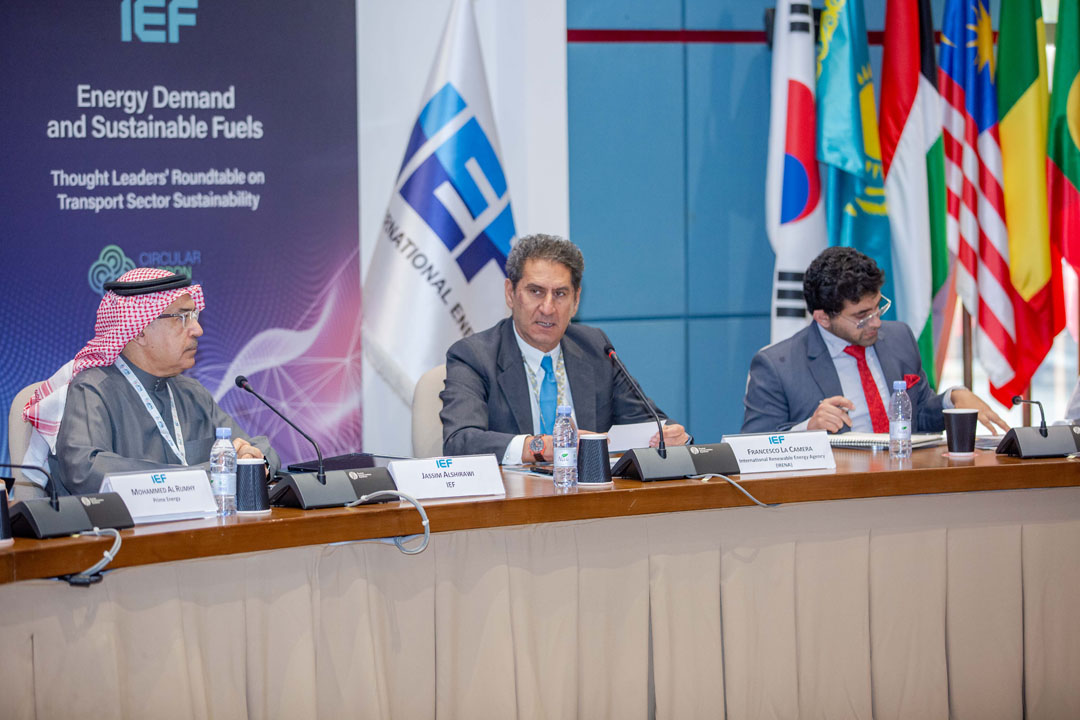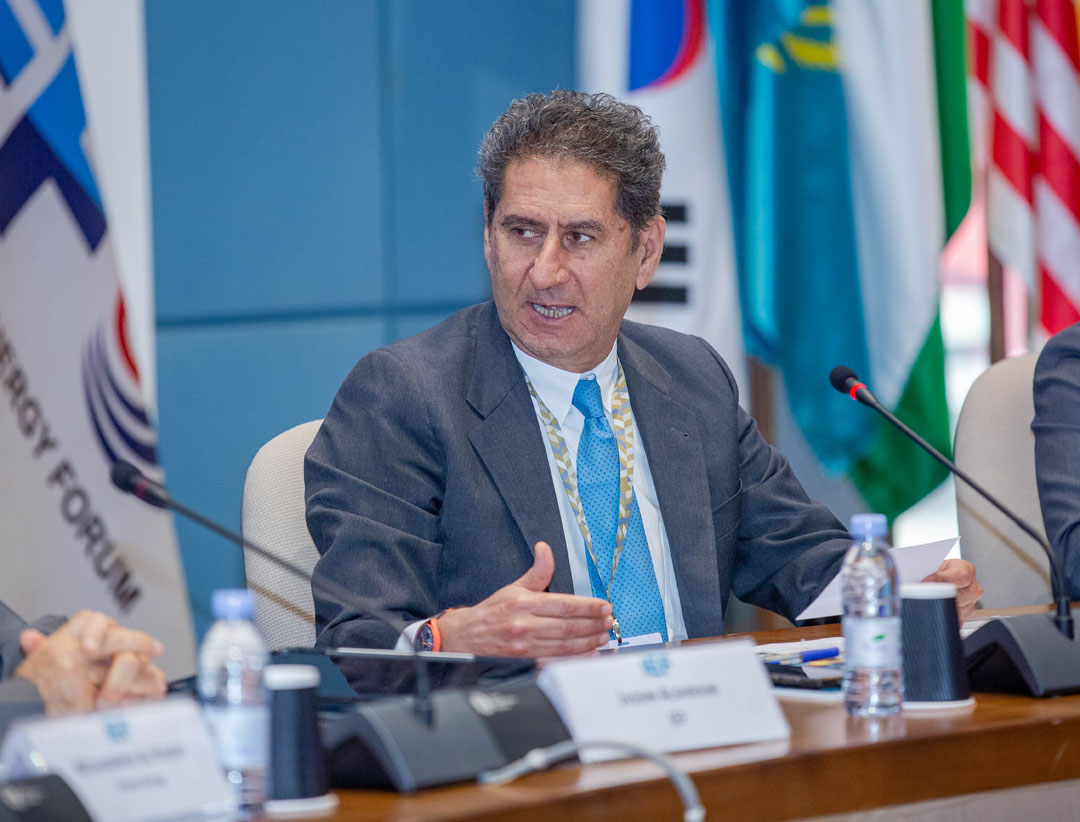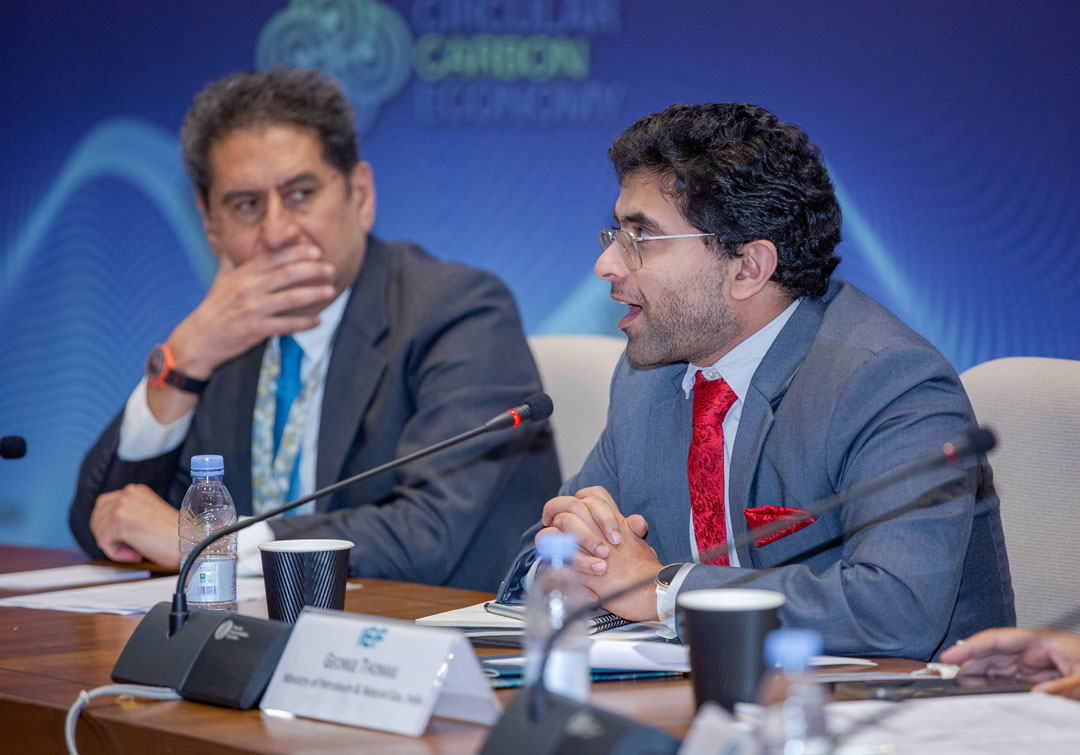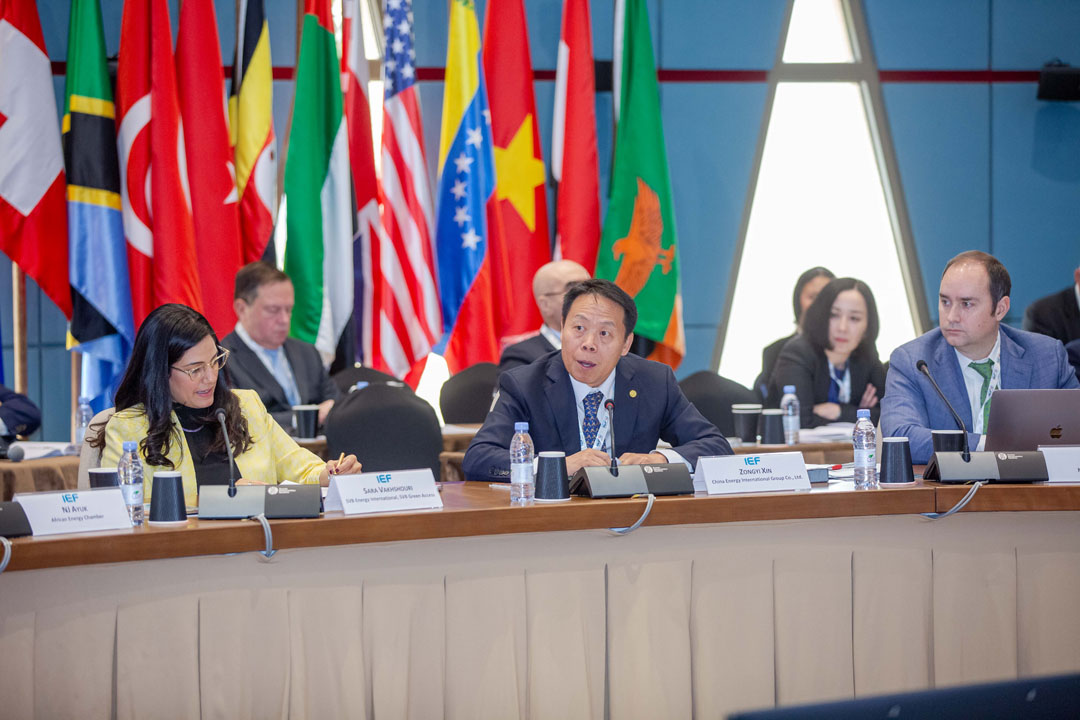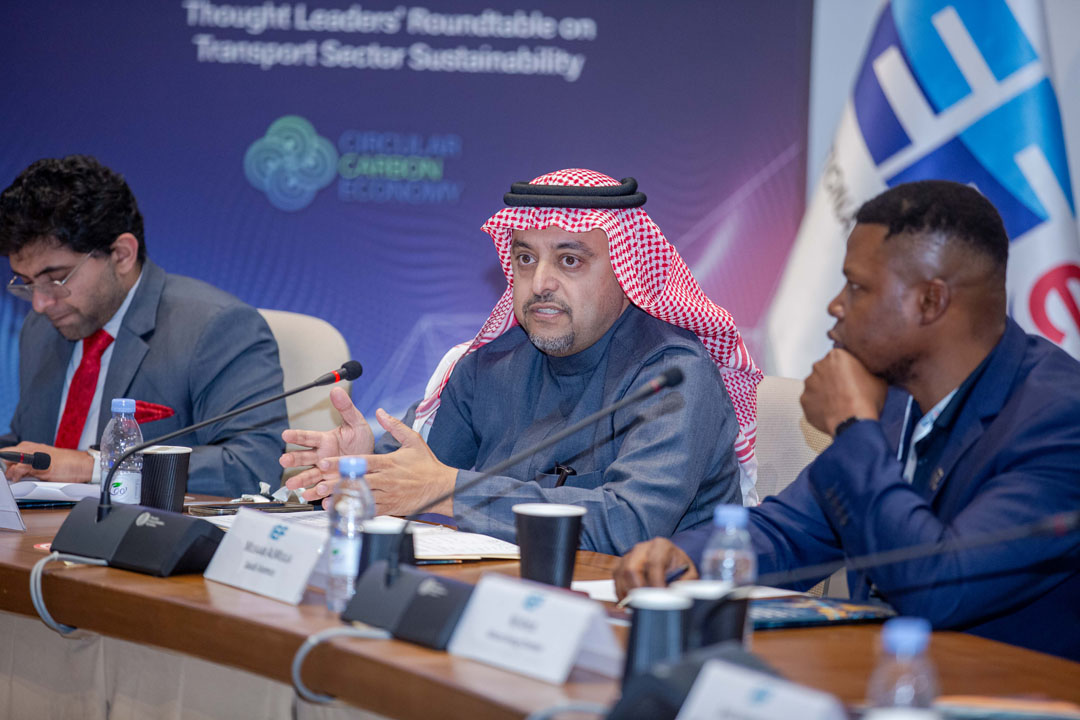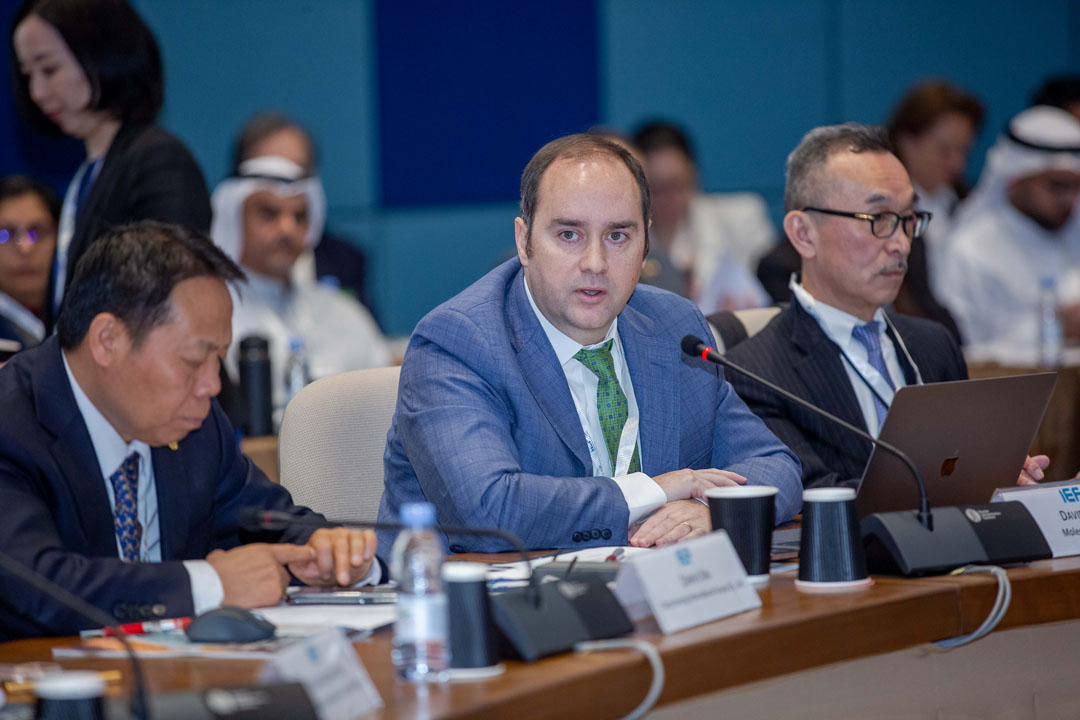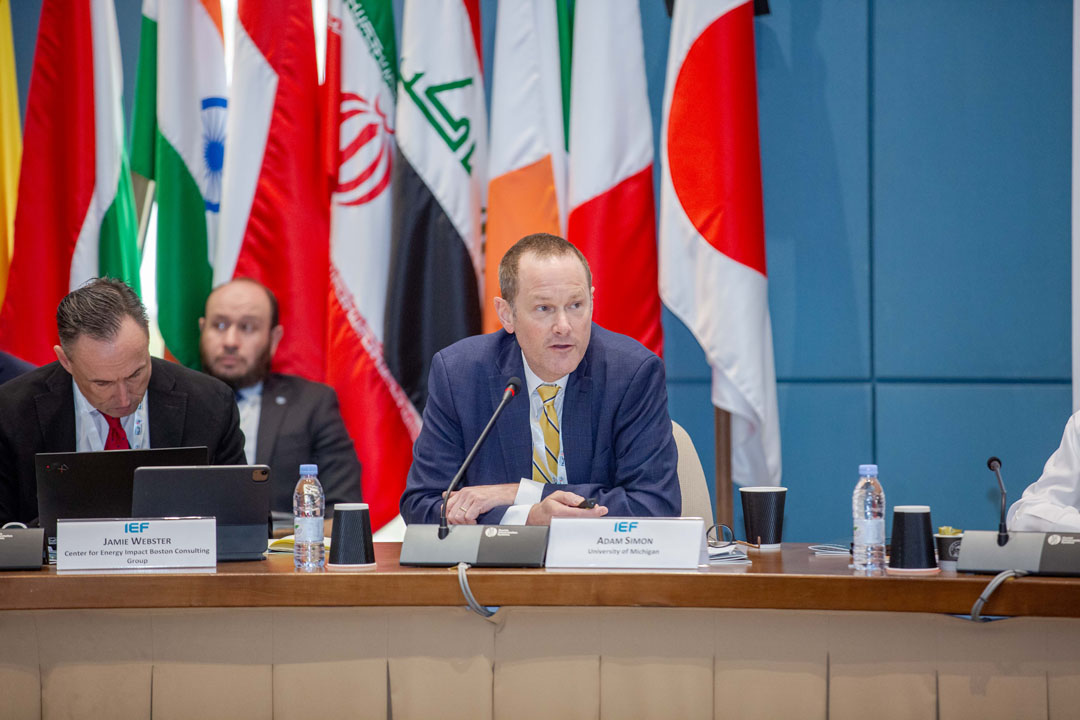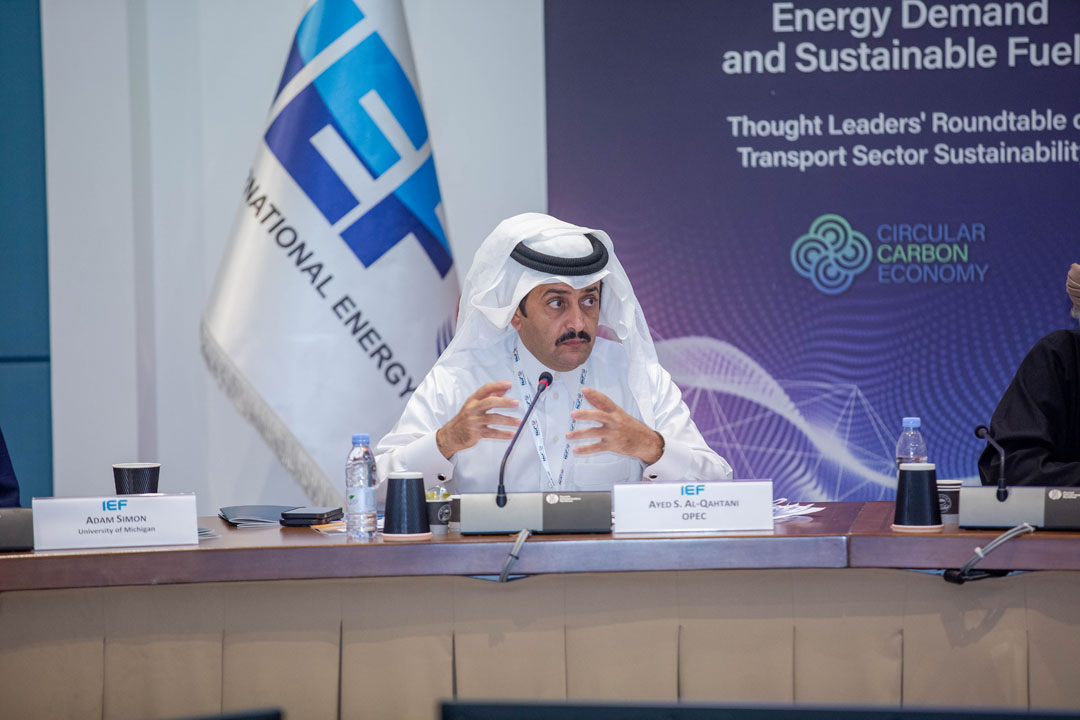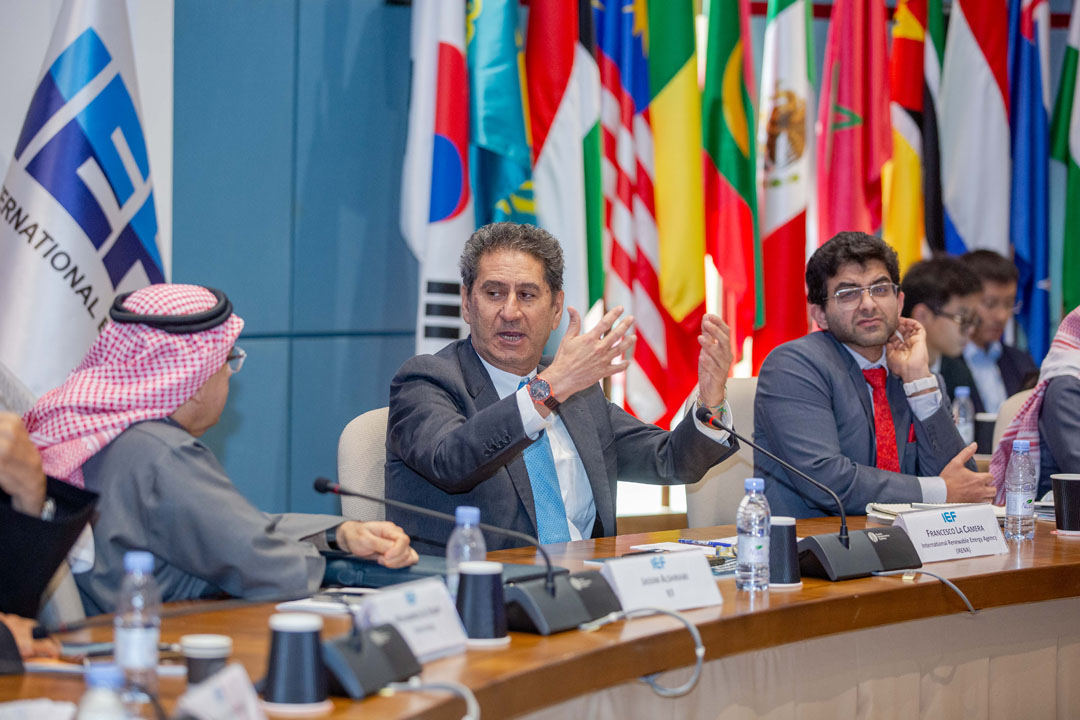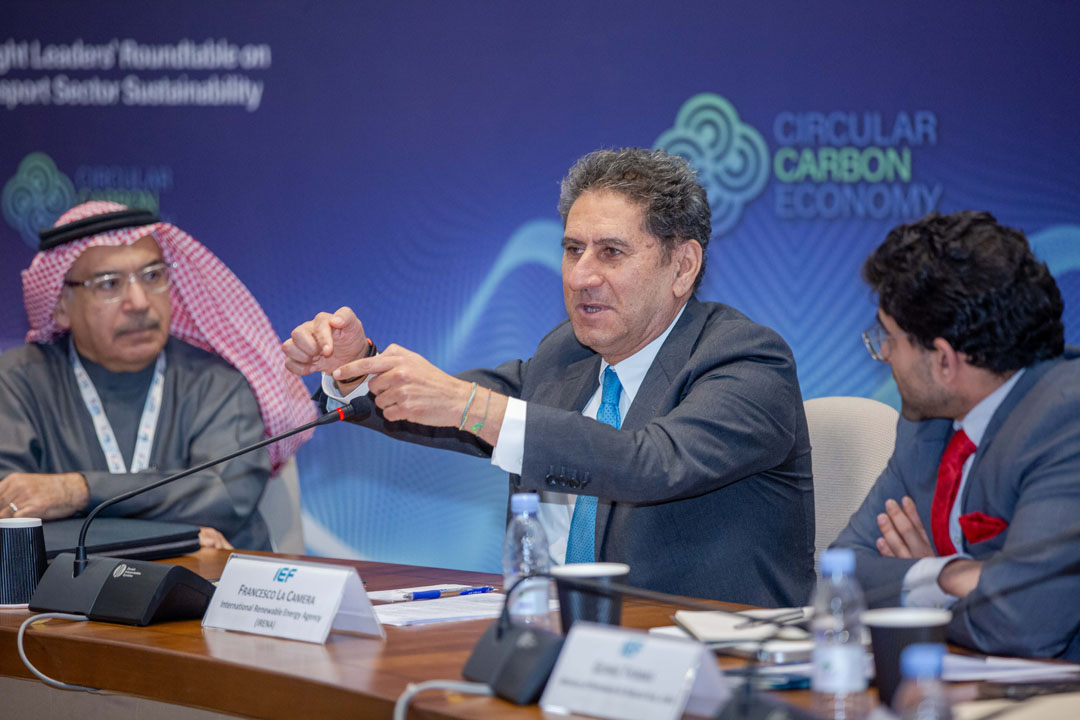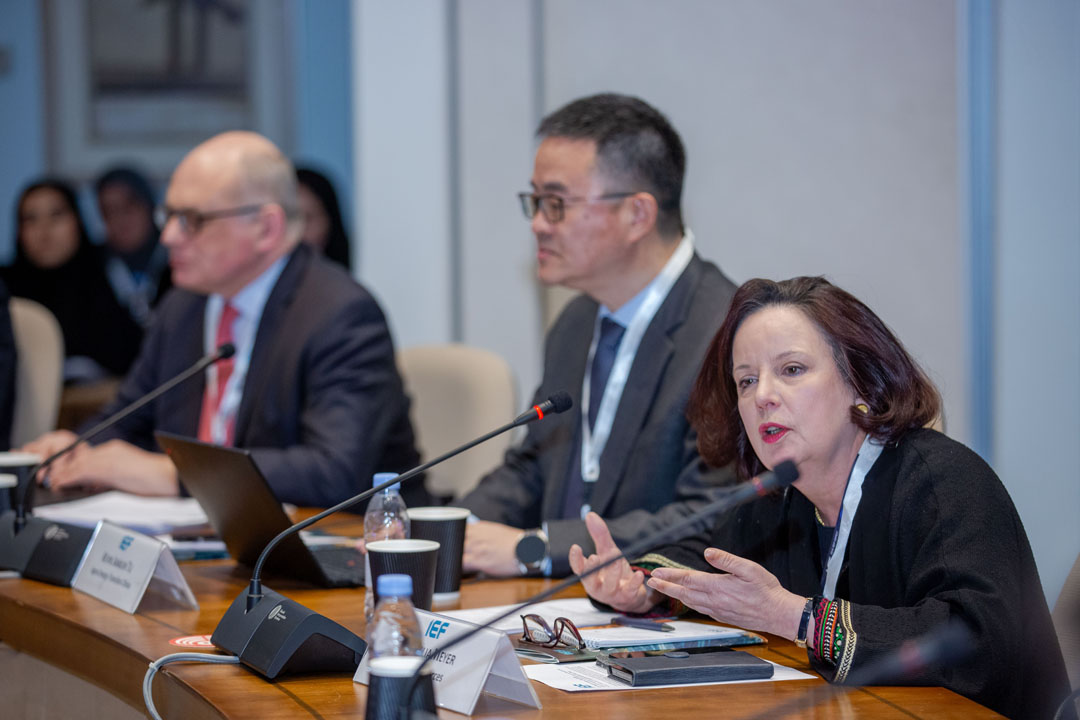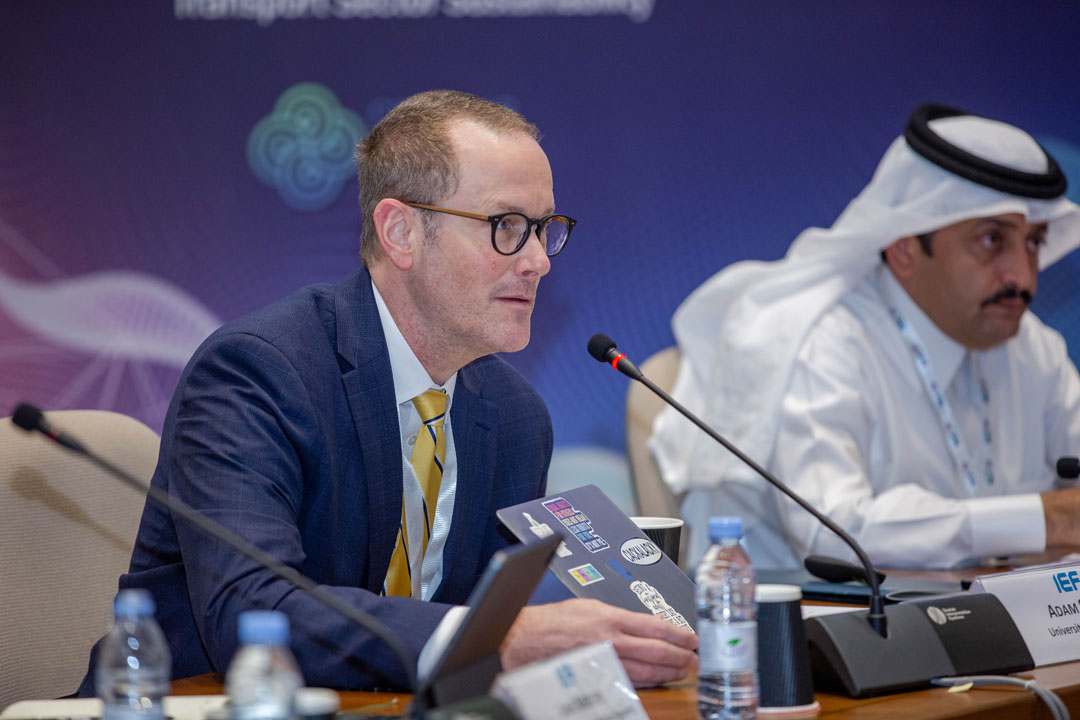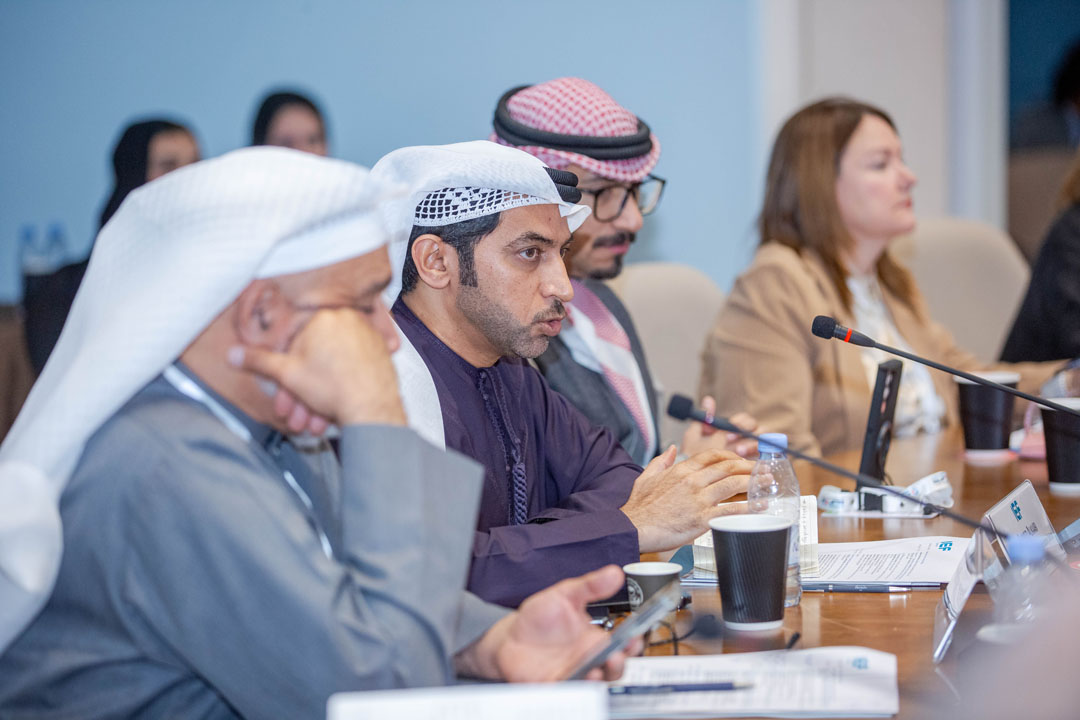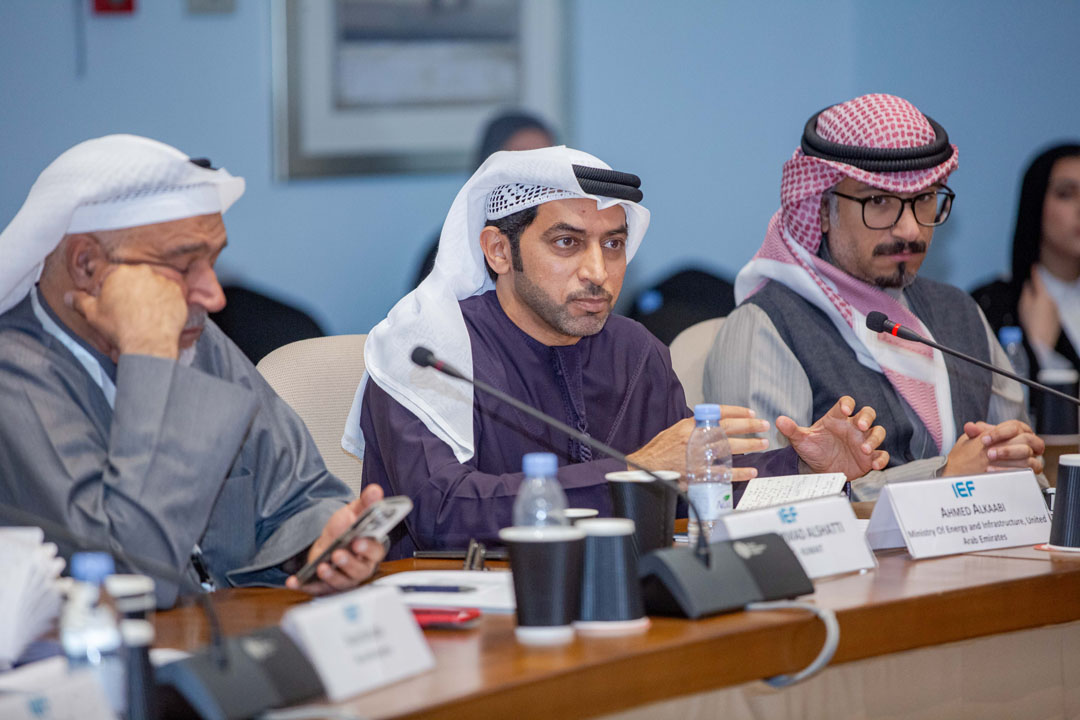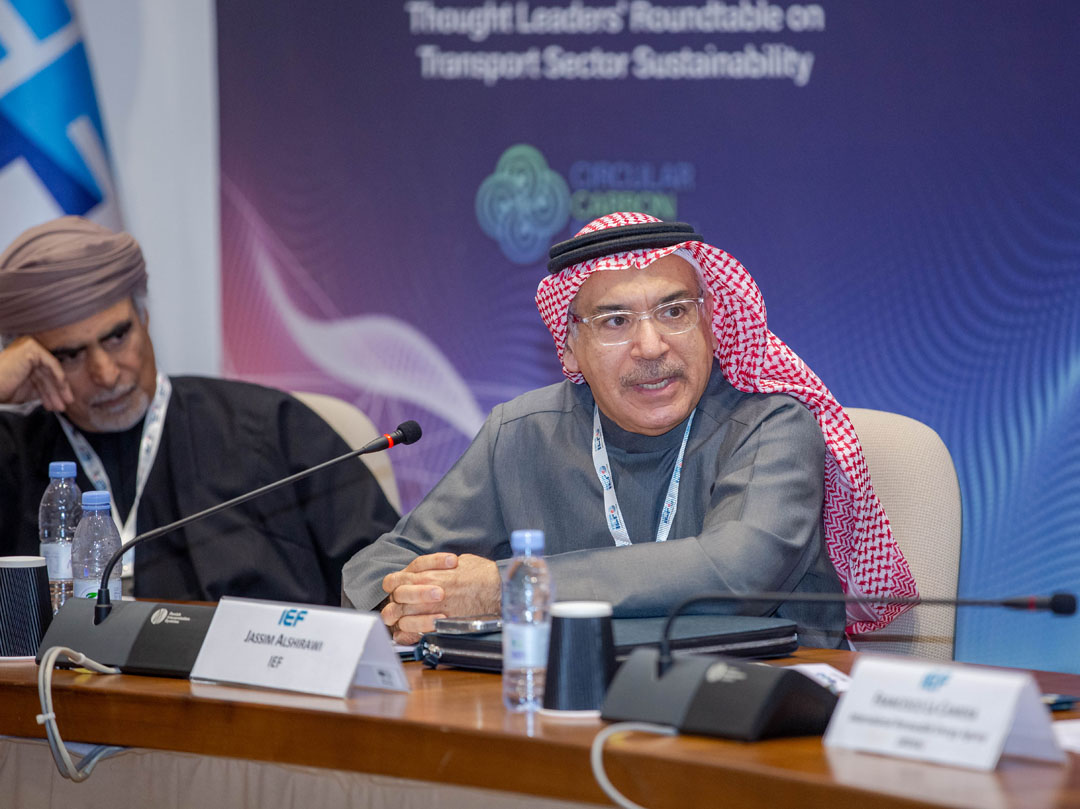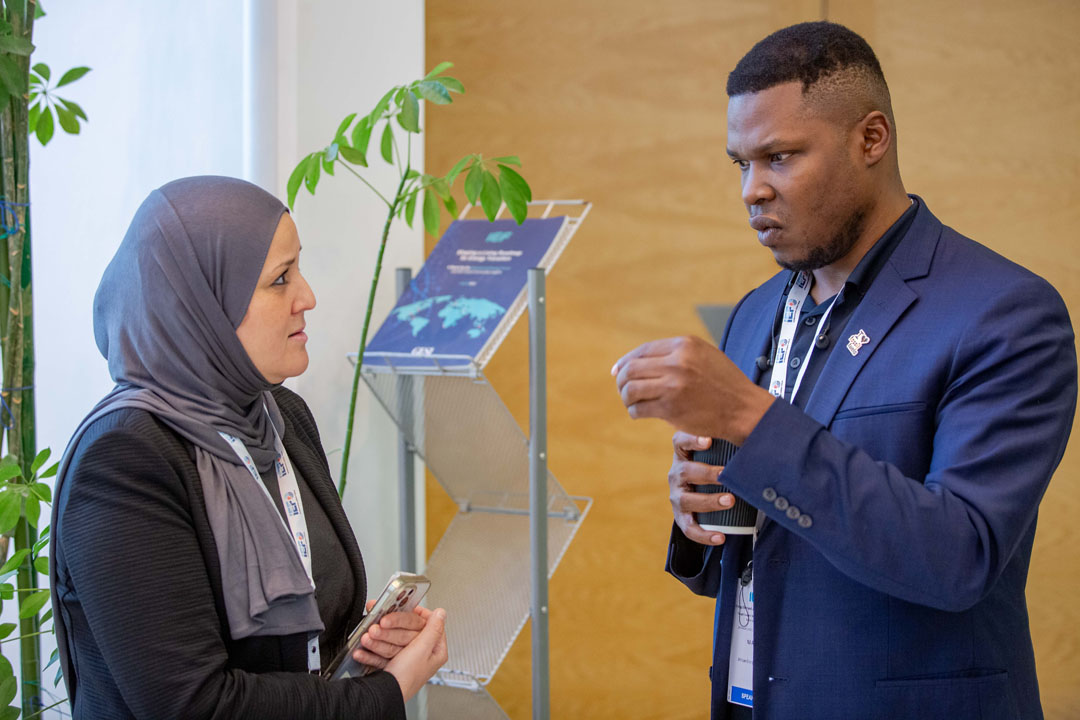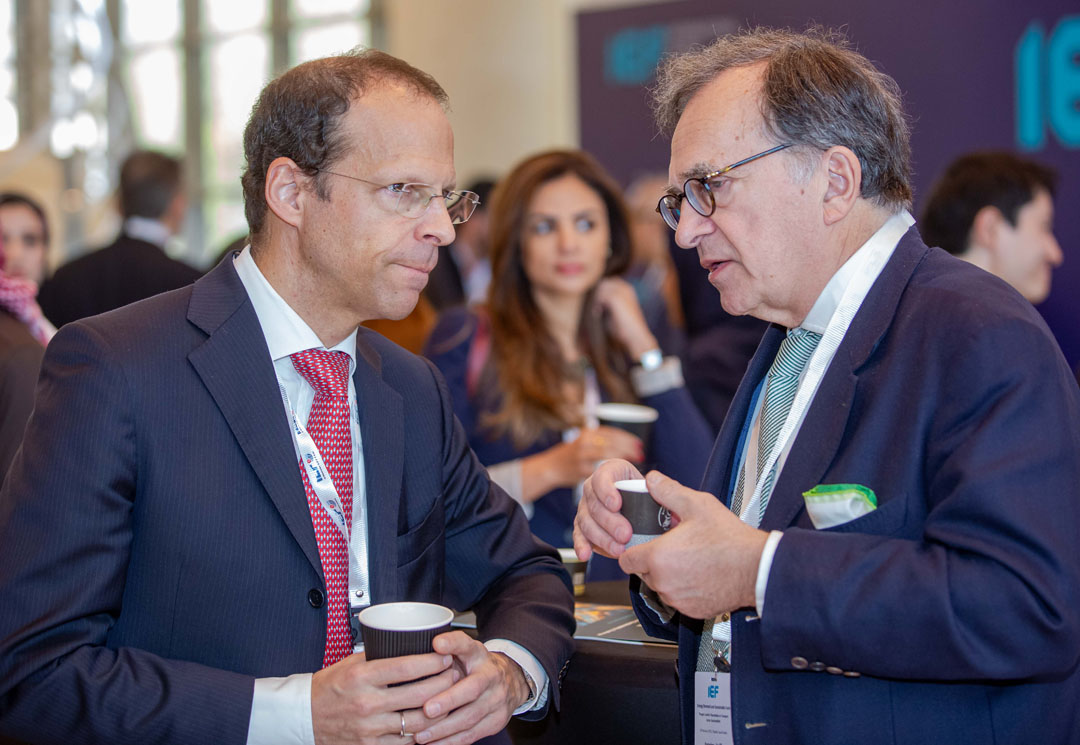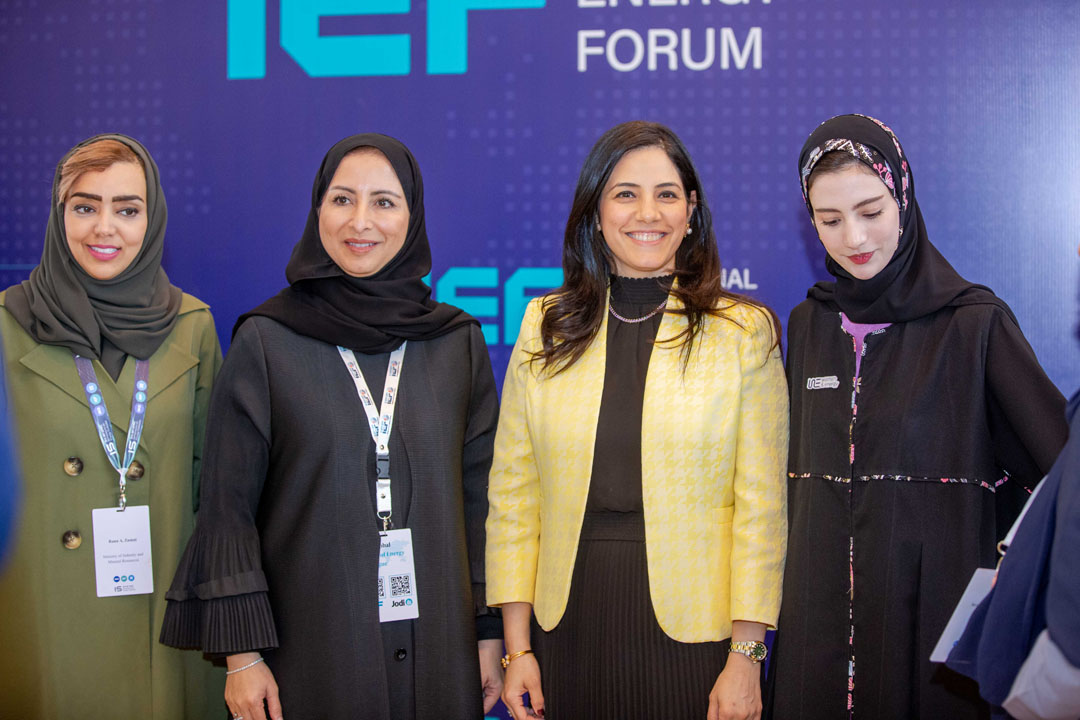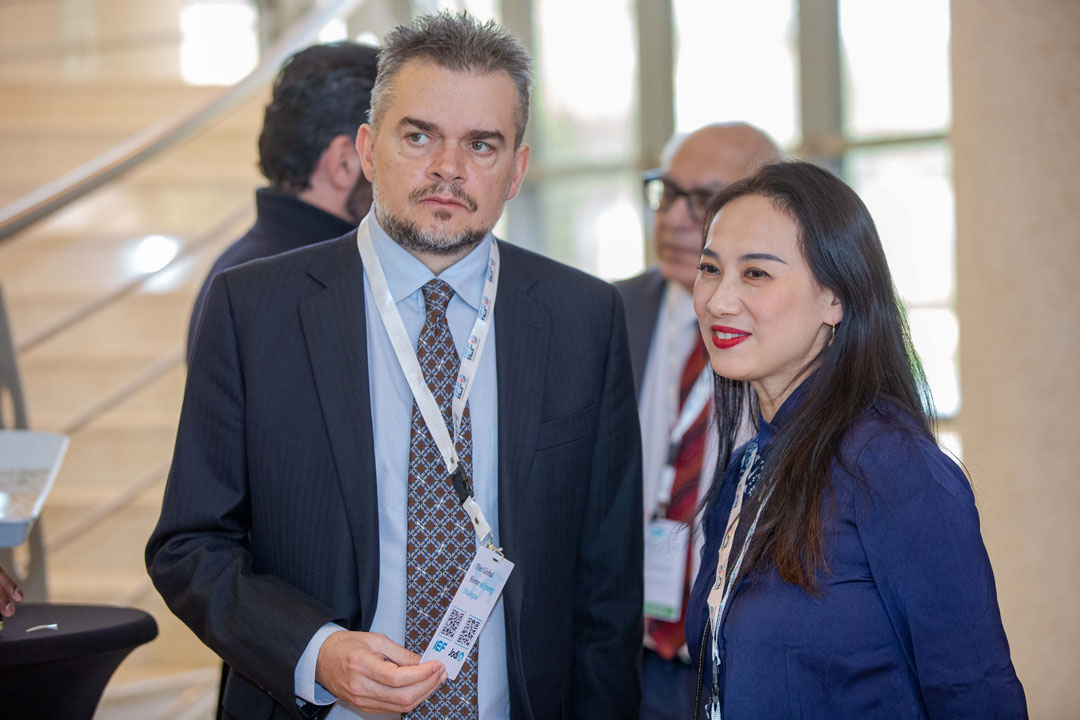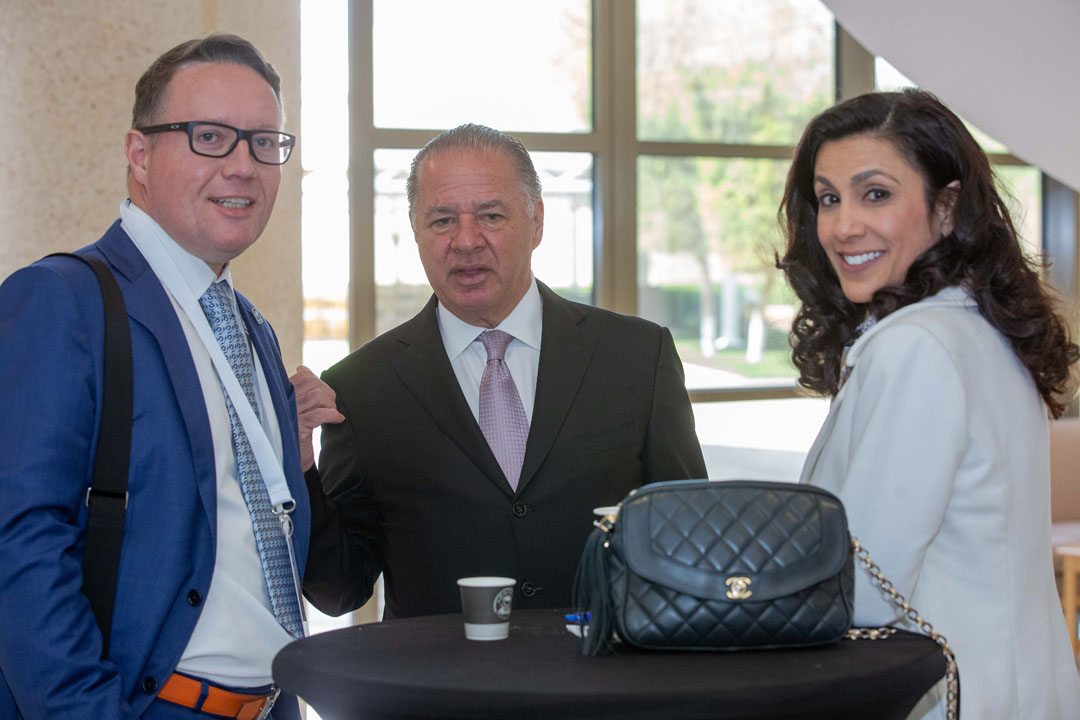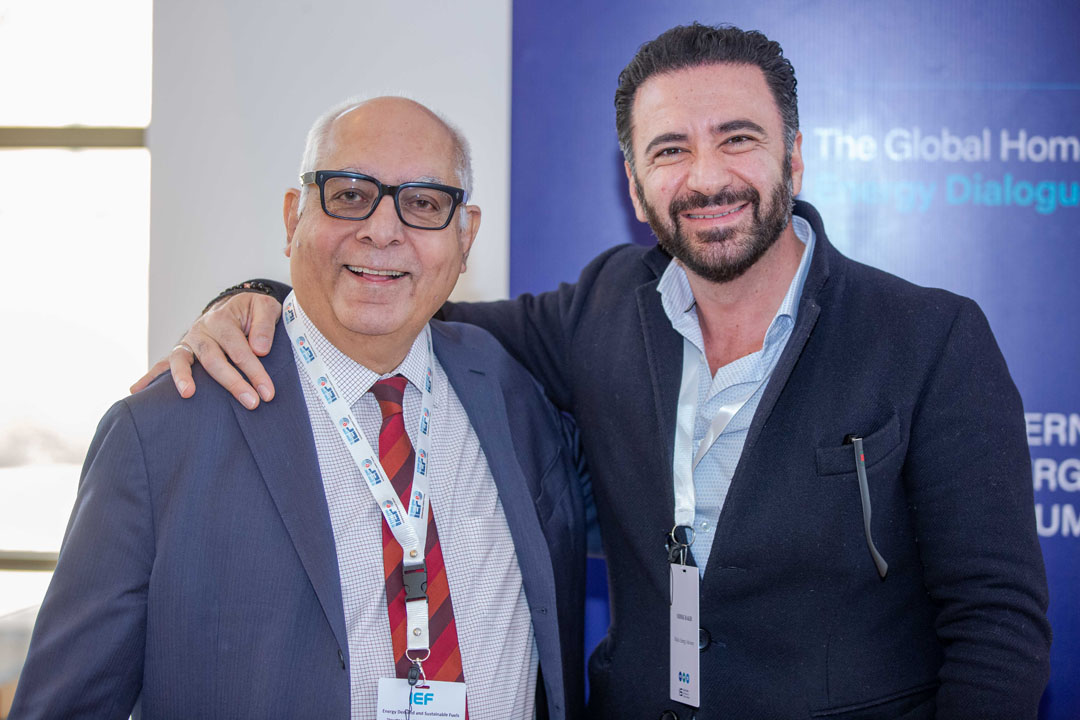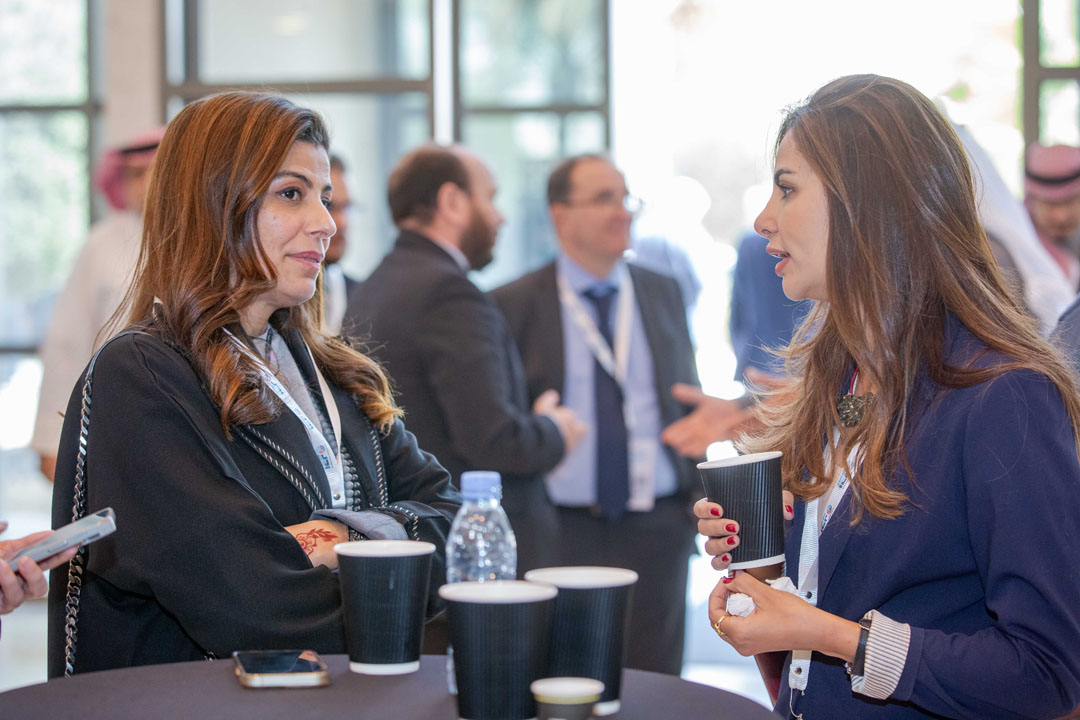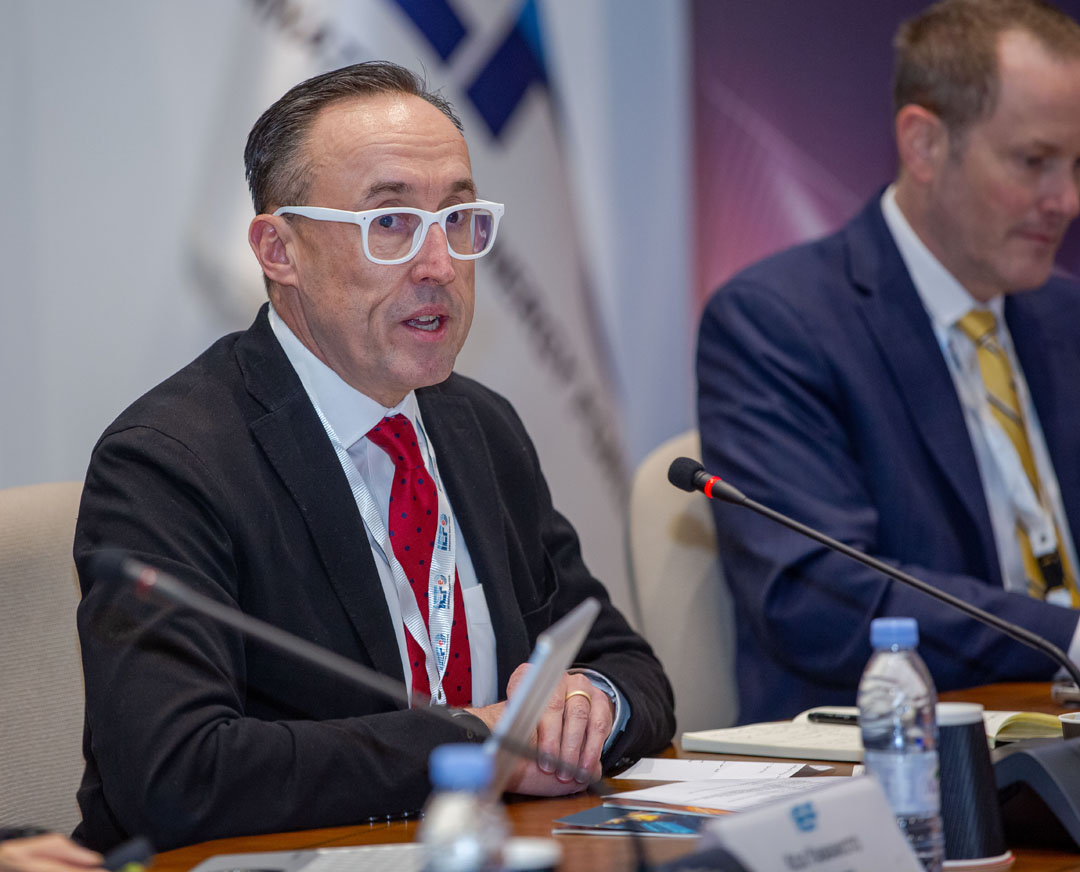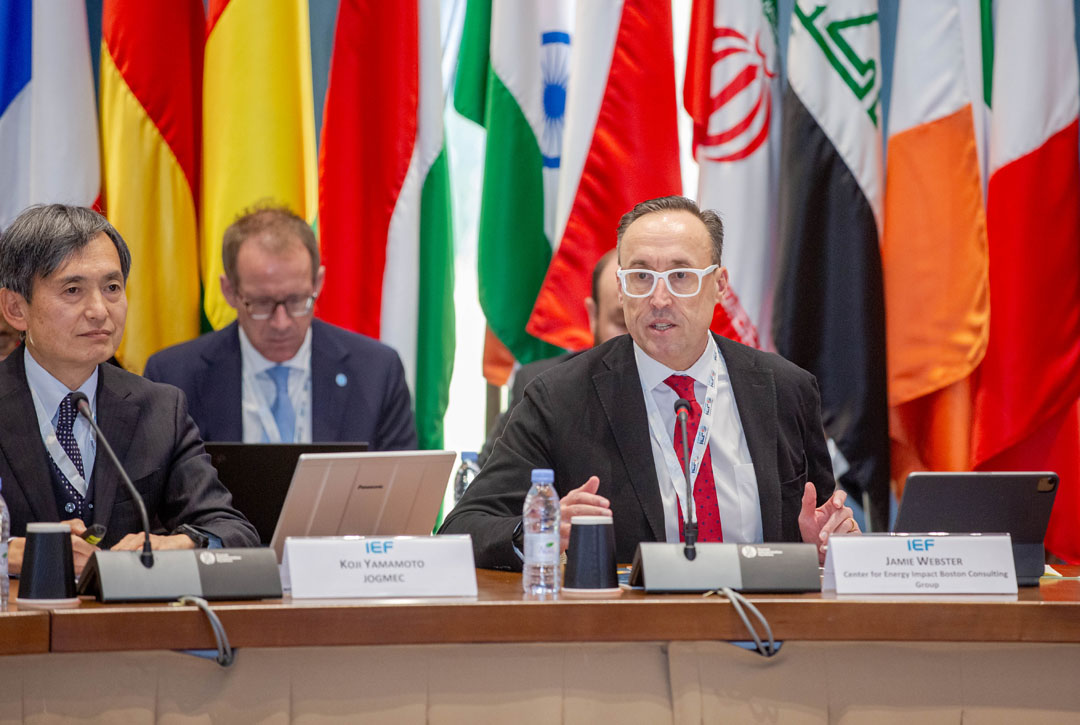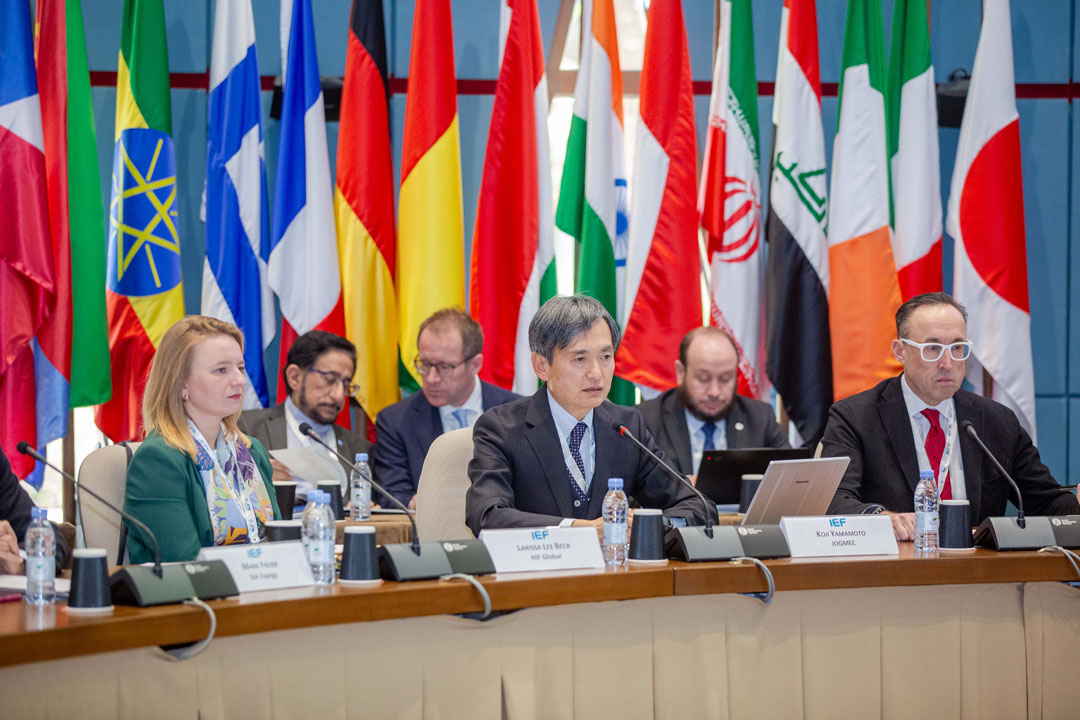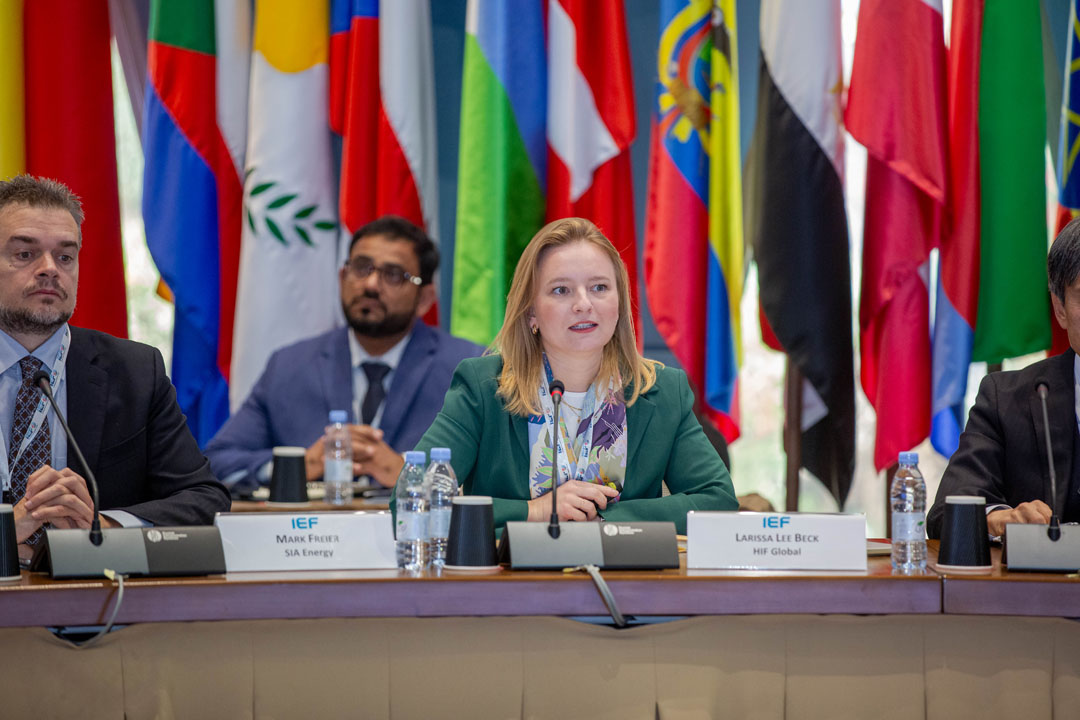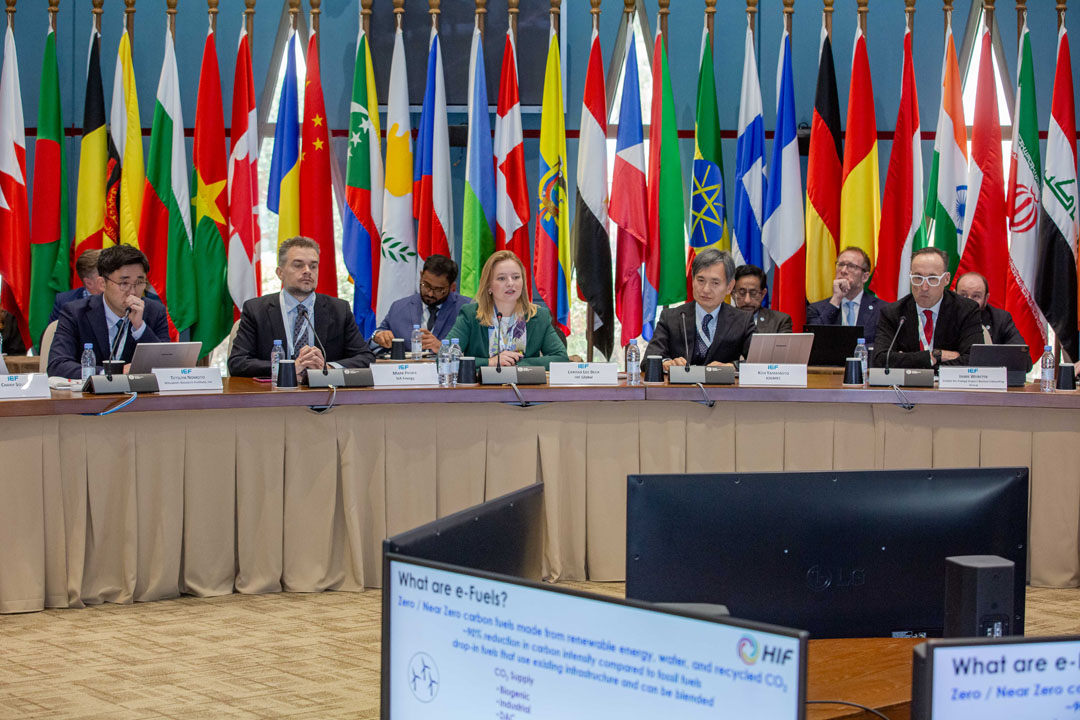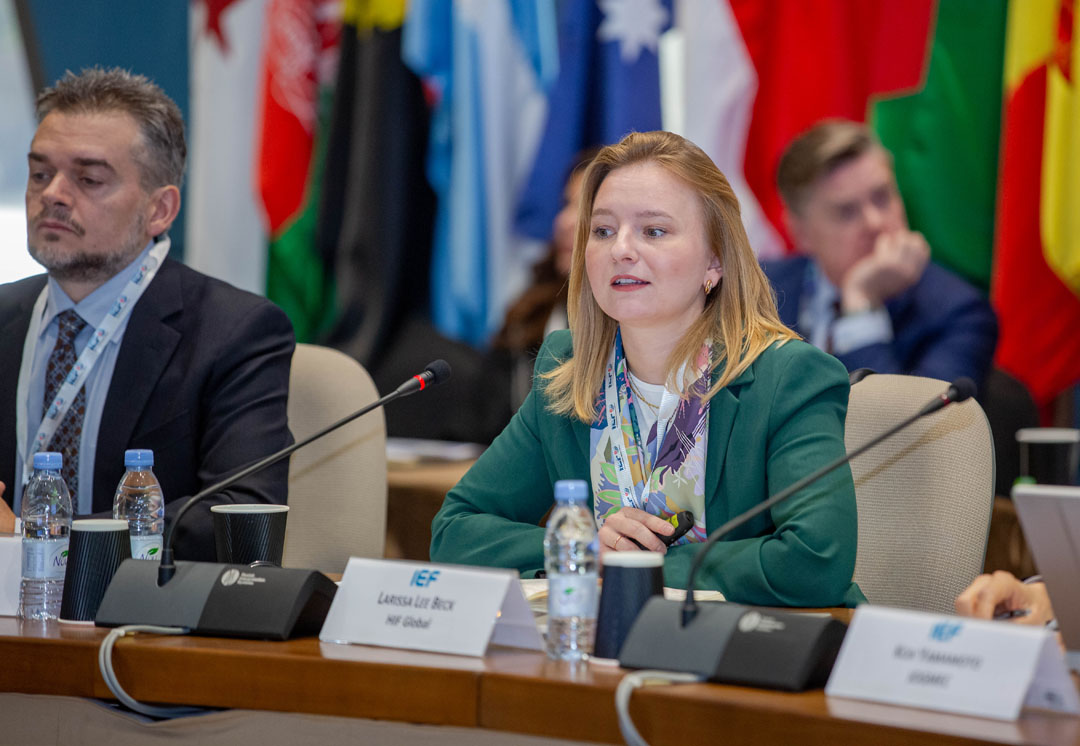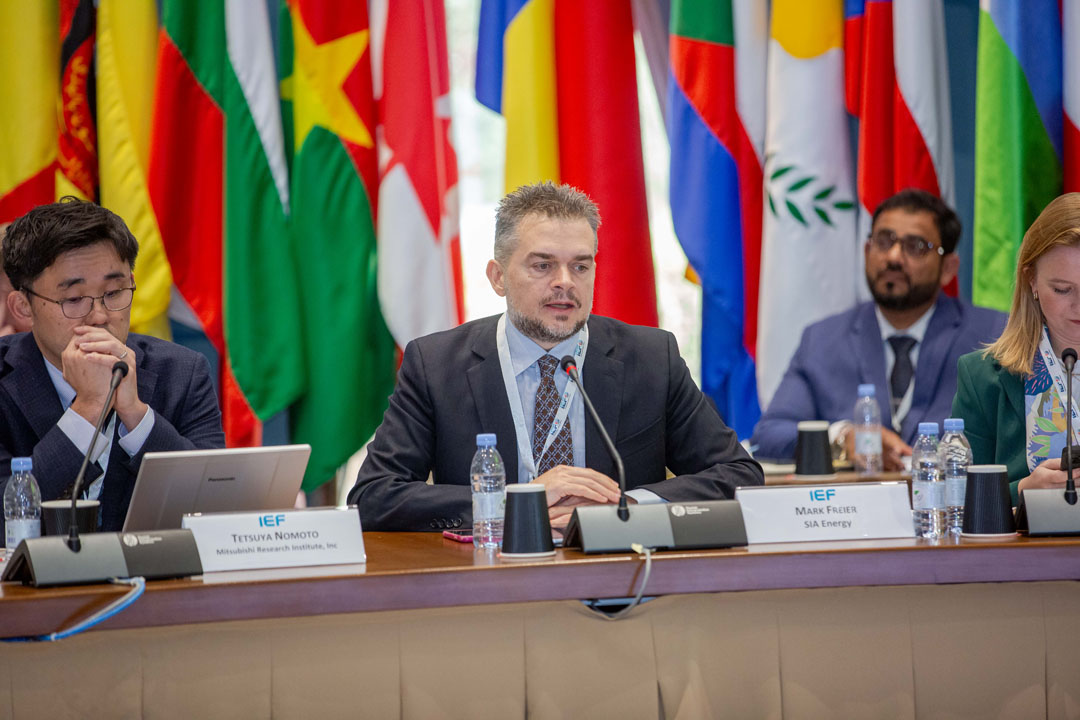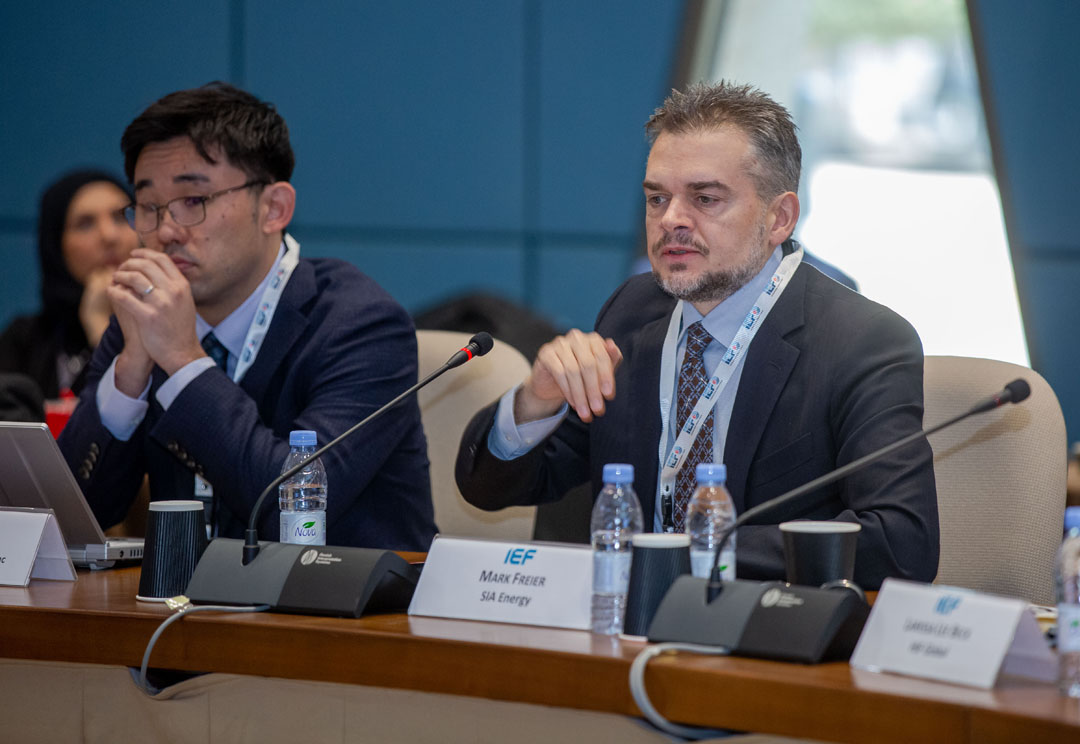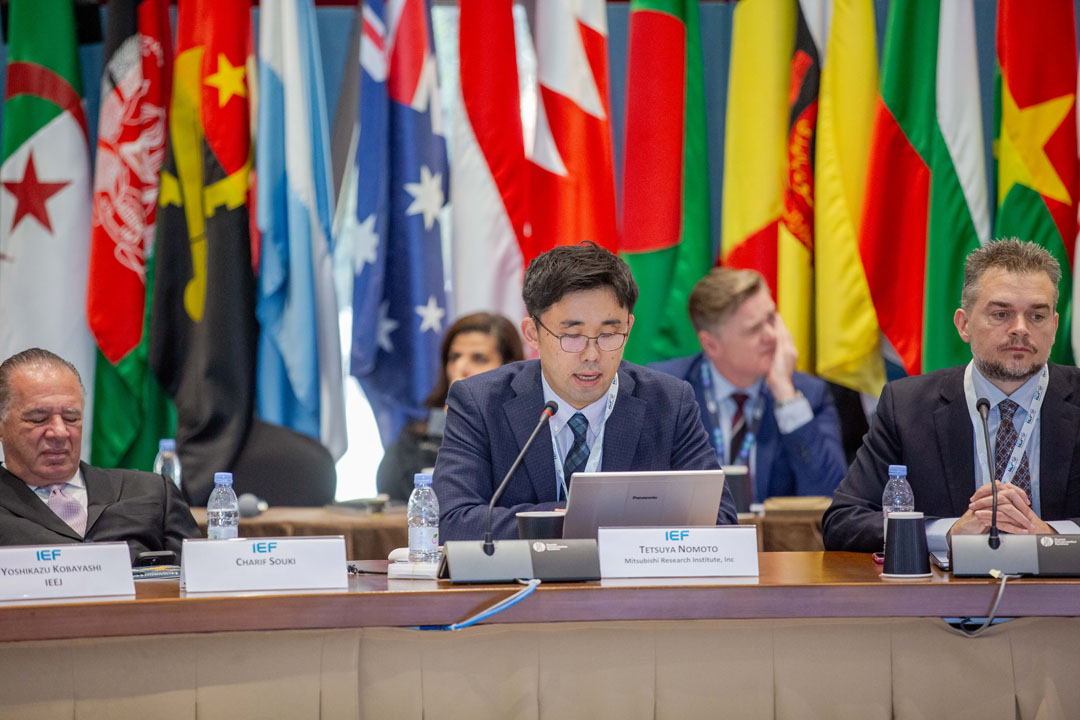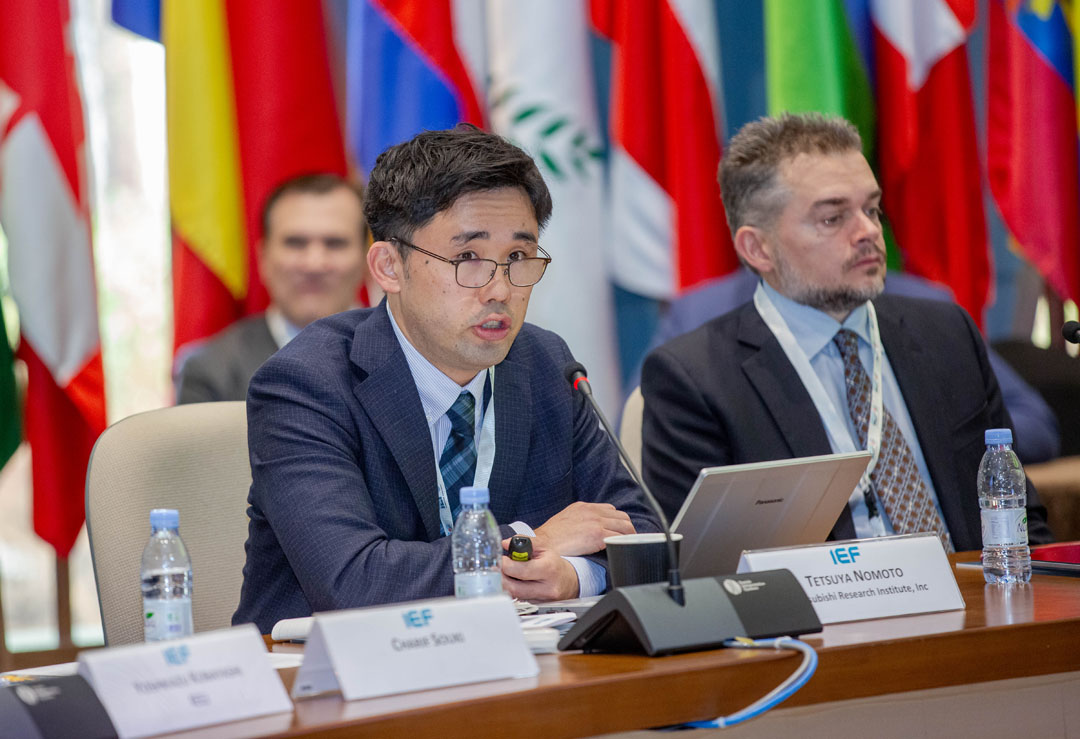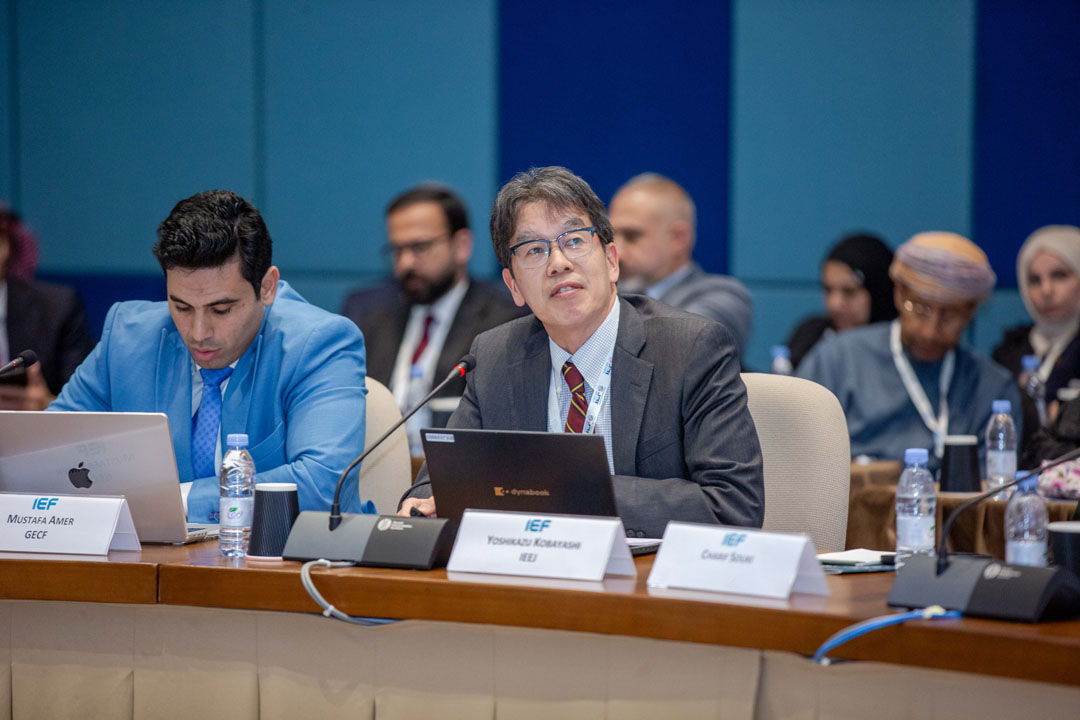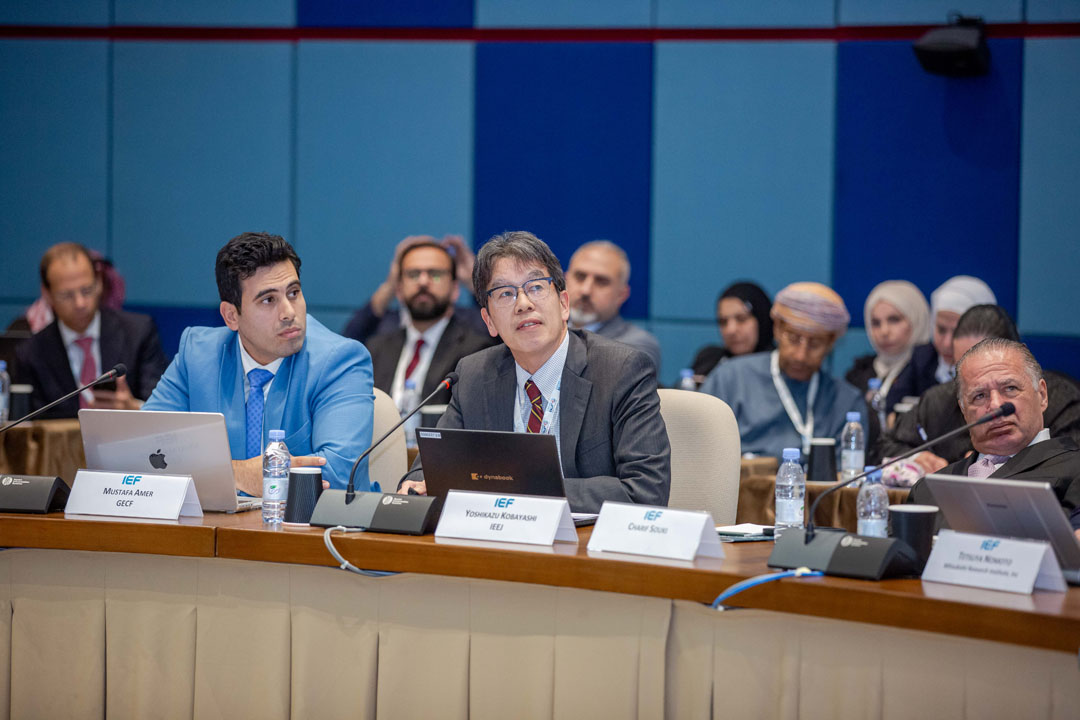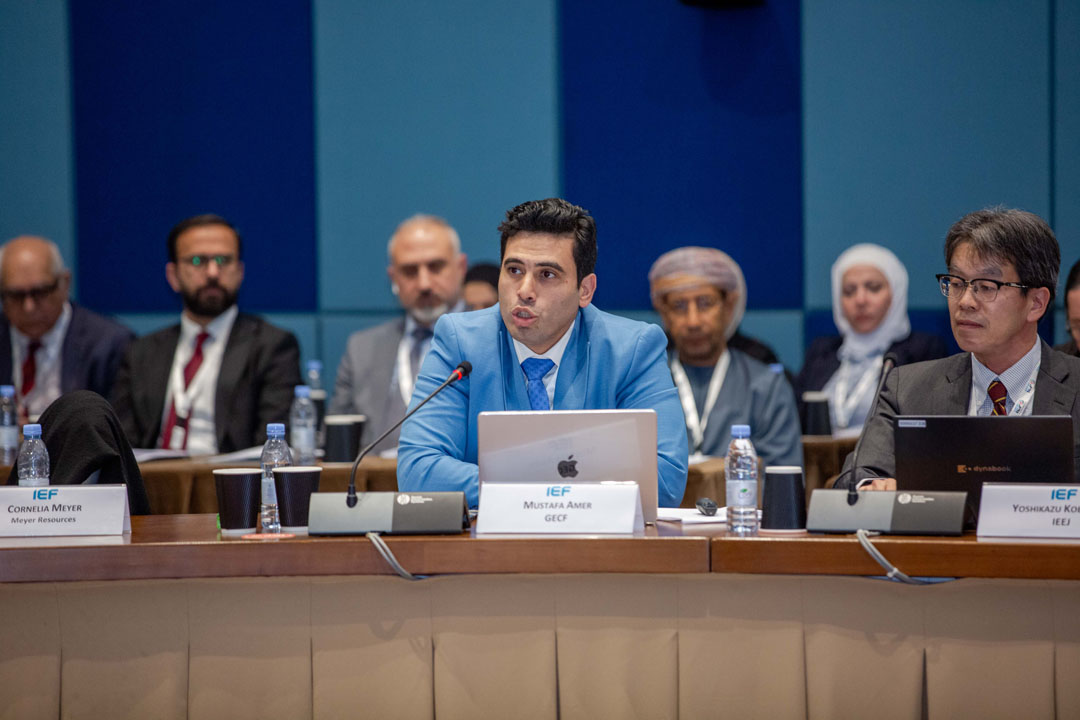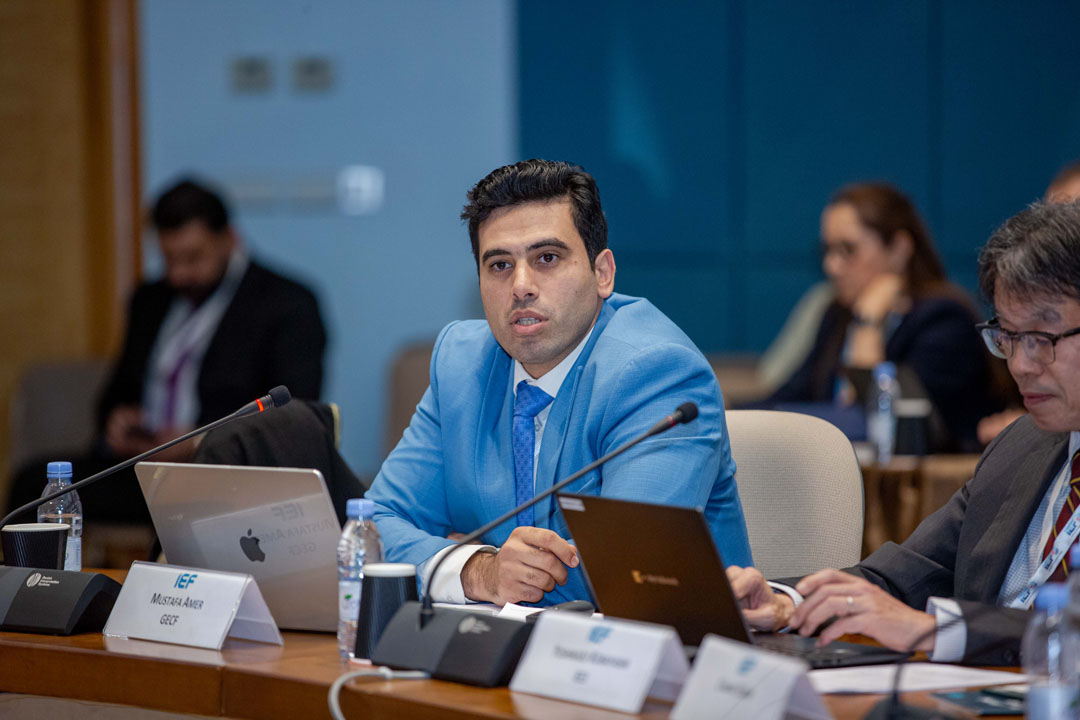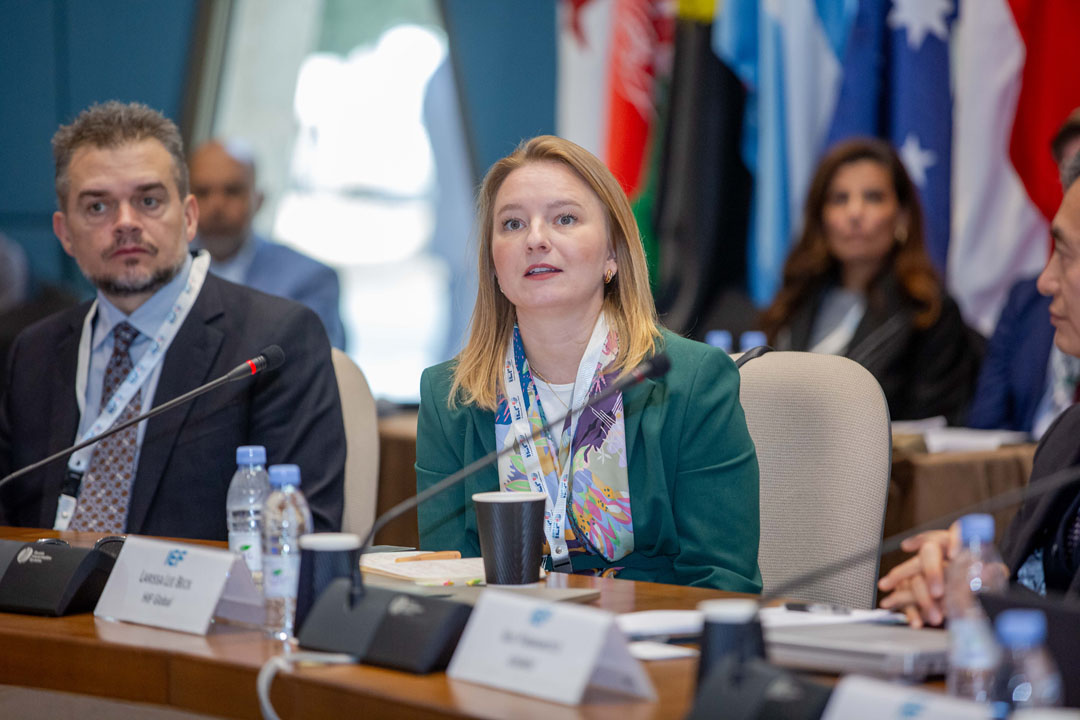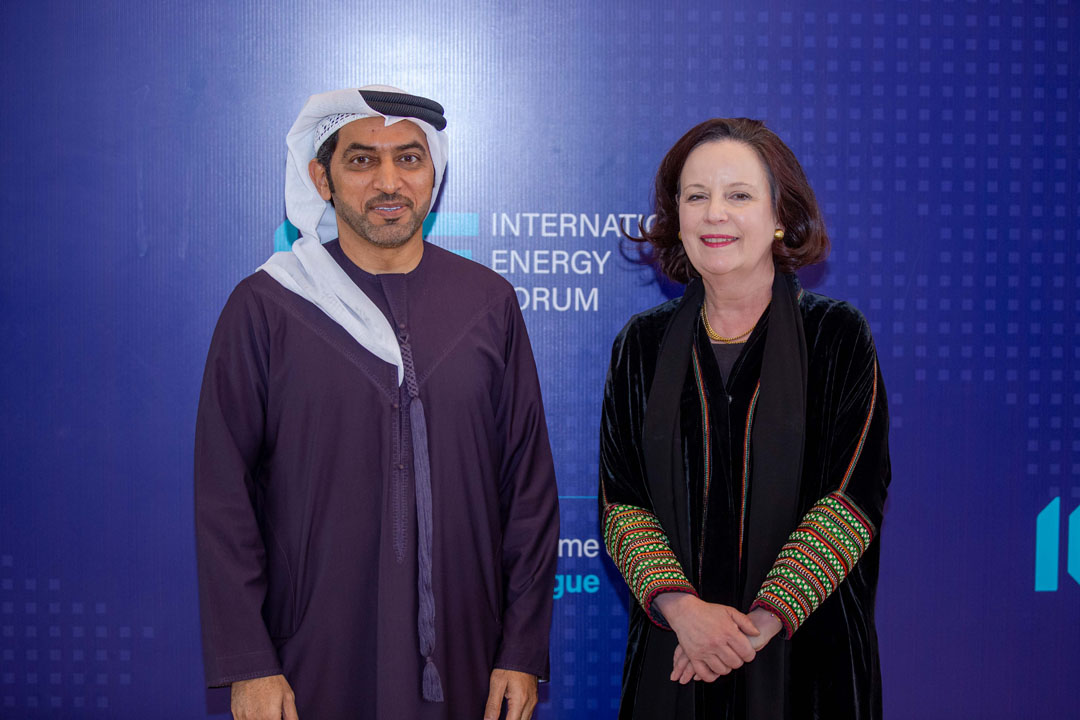IEF Thought Leaders' Roundtable
Transport Sector Sustainability: Outlooks on Energy Demand and Sustainable Fuels
Thursday 20 February 2025
IEF Headquarters, Riyadh, Saudi Arabia
Enhanced dialogue on transport sector sustainability is needed to ensure progress on sustainable development and climate goals, while meeting growing demand for transportation and mobility. Deepening understanding of transportation energy demand outlooks and broadening insight into decarbonization beyond electrification alone, is needed to enhance transport sector sustainability.
IEF analysis and data findings show that 100 percent vehicle electrification targets will require unprecedented copper production rates for battery manufacture and grid upgrades. However, increasing production of copper, and other critical mineral resources, will be insufficient to achieve transport sector electrification targets set by leading economies, where electric vehicle (EV) adoption has begun to slow, and both energy grids and automotive industries are under growing pressure to develop economically viable business models.
Current projections anticipate that EVs will account for 23 percent of global cars in use by 2035 — concentrated among a handful of countries. Furthermore, this growth will not take place in countries experiencing the most significant economic and population growth, and as such, the greatest increases in demand for transportation and mobility. In these emerging markets EV penetration will range from below one percent in 2020 to less than 8 percent in 2035.
Powerful demographic trends — population growth, urbanization, trade, and tourism — will spur global transportation and mobility energy demand over the coming decades. Much will depend on how these trends play out as indicated by the variation in transportation energy demand forecasts between the IEA, EIA, and OPEC that vary by nearly 20 mboe/d by 2050. Regardless, sustainable fuels - including bio-based and synthetic fuels backed by carbon management and market offset solutions - will need to scale at a faster pace to keep up with these global trends. Increasing production of these sustainable fuels can also reinforce social inclusion and competitiveness for resilient green growth.
This Thought Leaders' Roundtable aimed to foster a productive discussion on how countries and industries could prepare for a future that features a range of fuel modalities.
Key Questions
- How will the transport sector meet growing energy demand sustainably?
- What should governments do to reduce resource and supply chain market uncertainty to sustainably meet rising transportation and mobility energy demand?
- How does Sustainable Development Goal 7: to ensure access to affordable, reliable, sustainable and modern energy for all, cover access to clean transportation and mobility.
- Can adoption of a wider spectrum of clean and efficient technologies make transport and mobility demand more sustainable in developing economies?
- How can IEF producer-consumers collaborate to make transportation and mobility demand trends and solutions more transparent and sustainable e.g. in support the G20 Global Biofuel Alliance, and Circular Carbon Economy?
Speakers
Welcome and Scene Setting
-
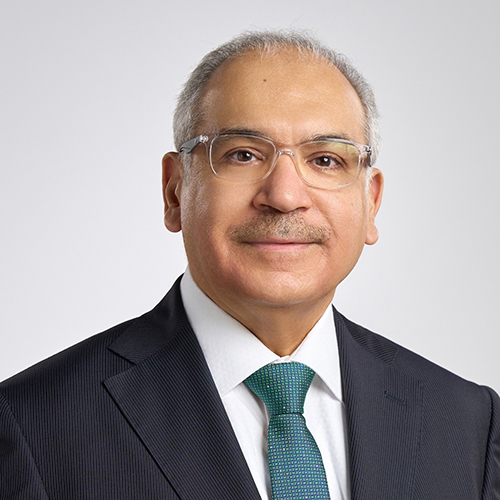
Jassim Al Shirawi
Secretary General, IEF
Session 1: Transportation and Mobility Energy Demand Trends and Sustainability
-

Sara Vakhshouri
Founder and President, SVB Energy International, SVB Green Access -

Francesco La Camera
Director General, IRENA -

Ayed Al-Qahtani
Director, Research Division, OPEC -
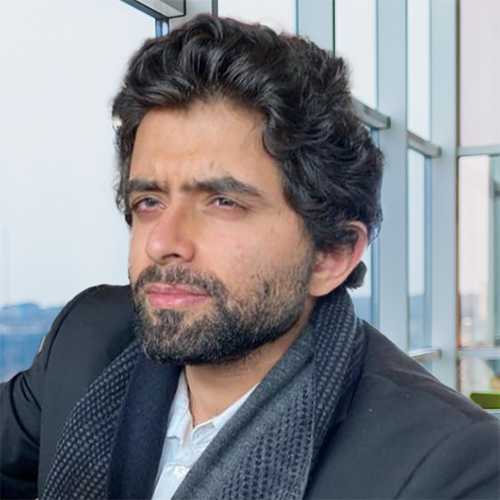
George Thomas
Deputy Secretary, International Cooperation, Ministry of Petroleum and Natural Gas, India -

Zongyi Xin
VP, and President of Eurasia Regional Headquarters, China Energy International Group -

NJ Ayuk
Executive Chairman, African Energy Chamber -
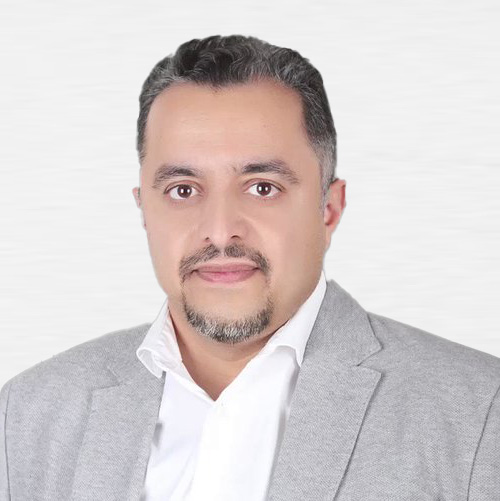
Musaab Al-Mulla
VP, Energy & Economic Insights, Aramco -
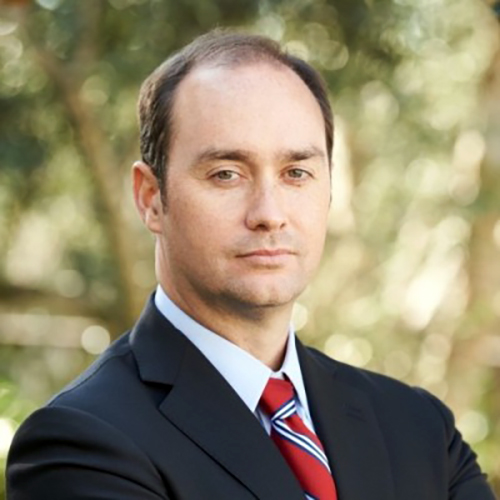
David Cox
COO, Molecule Group -

Adam C. Simon
Arthur F. Thurnau Professor of Mineral Resources, Earth & Environmental Sciences, University of Michigan
Session 2: Scaling Sustainable Fuels through Clean and Efficient Technologies
-

Jamie Webster
Partner and Associate Director, Center for Energy Impact, BCG -

Koji Yamamoto
Senior Vice President, Energy Business Unit, Japan Organization for Metals and Energy Security -

Lee Beck
Senior Vice President, Global Policy and Commercial Strategy, HIF Global -

Mark Freier
Director, SIA Energy Net-Zero Advisory -

Tetsuya Nomoto
Head of Research, Energy and Circular Society Center for Policy and the Economy, Mitsubishi Research Institute -

Yoshikazu Kobayashi
Senior Research Director, IEEJ -

Mustafa Adel Amer
Senior Energy Technology Analyst, GECF
Session 3: Strengthening Policy Initiatives and Public-Private Collaboration
-

Cornelia Meyer
CEO , Meyer Resources -
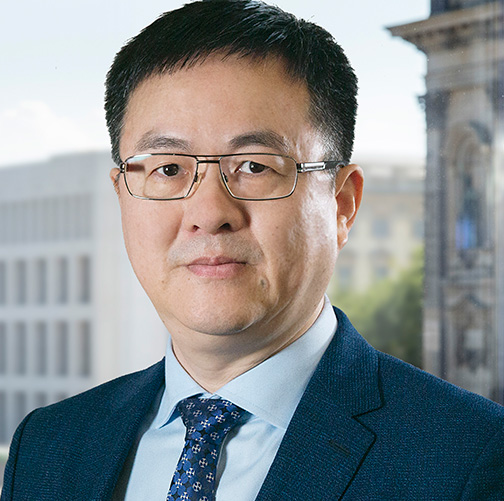
Kevin Jianjun Tu
Managing Director, Agora Energy Transition China -

Michiel Nivard
Engagement and Solution Leader, McKinsey & Company -

Neil Atkinson
Independent Energy Analyst, Former IEA Head Oil Market Division -
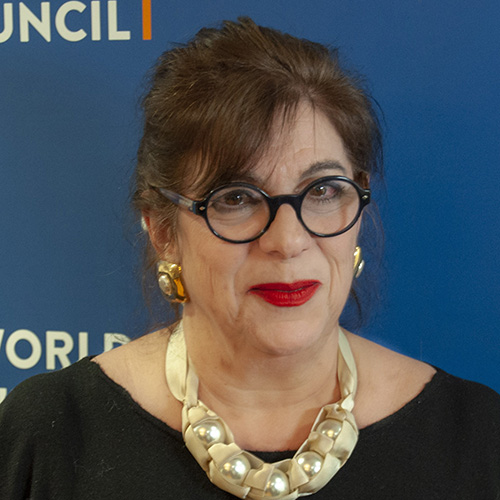
Kate Dourian
Contributing Editor MEES, Board Member, Energy Institute, Middle East Branch
Concluding Remarks
-

Jassim Al Shirawi
Secretary General, IEF
Speaker Presentations
Session 1: Transportation and Mobility Energy Demand Trends and Sustainability
-
Ayed Al Qahtani
Director, Research Division, OPEC -
Adam Simon
Arthur F. Thurnau Professor of Mineral Resources, Earth & Environmental Sciences, University of Michigan -
Zongyi Xin
VP, and President of Eurasia Regional Headquarters China Energy International Group
Session 2: Scaling Sustainable Fuels through Clean and Efficient Technologies
-
Koji Yamamoto
Senior Vice President, Energy Business Unit, Japan Organization for Metals and Energy Security -
Lee Beck
Senior Vice President, Global Policy and Commercial Strategy, HIF Global -
Mark Freier
Director, SIA Energy Net-Zero Advisory -
Tetsuya Nomoto
Head of Research, Energy and Circular Society Center for Policy and the Economy, Mitsubishi Research Institute -
Yoshikazu Kobayashi
Senior Research Director, IEEJ
Video Gallery
Highlights
Interviews
Photo Gallery
Key Documents
Previous Roundtables
-
IEF Thought Leaders' Roundtable
20 February 2025, Riyadh, Saudi Arabia -
IEF-KAPSARC High-Level Roundtable on Carbon Markets and CCE Investment
20 February 2024, Riyadh, Saudi Arabia -
2nd IEF High-level Roundtable on Carbon Management Technologies
16 February 2023, Riyadh -
Strategies to Scale Carbon Capture, Utilization, and Storage
27 September 2021, Virtual Event


